Memorial Service for My Beloved
I keep searching for the words to capture what it felt like to participate in one of the most profound experiences of my life—and the bitter feeling that the person I most wanted to share it with was not physically present other than in the ashes inside the yin-yang fingerprints pendant around my neck and the Japanese-style rosewood urn centered on the table beside the podium.
Yet it was my beloved Michael who brought us all together, and it was for both of us that friends spanning twenty-five years of our history braved wildfire smoke and 100-degree temperatures—some even driving and flying in from out of state—to fill every seat in the committal shelter as the smoke parted above the cemetery to reveal a miraculously blue sky.
From the moment friends began exiting their cars and enveloping me in bear hugs, I felt swathed in unconditional love like heavenly wings encircling a wounded fledgling.
Before the service began, I set a stack of programs on the table by the door along with key books representing Michael’s life and passions: I’m Fine Until the World, the book of Michael’s quotes and illustrations we created as a gift for our best friend in 2010; the Chinese-bound James Trapp translation of the Tao Te Ching we’d bought this past May; The Complete Poems of Stephen Crane, Stephen Crane being his favorite poet; and the oft-referenced Twilight Zone Companion by Marc Scott Zicree.
I’d also brought several leather pieces he’d crafted and embossed with his 30 Spokes Leather mark but ran out of room so left them in the box.
Next, I placed the digital collage I’d designed and had printed and mounted on foam board on the easel one of my oldest and dearest friends, Rhonda, had brought. (In one of innumerable synchronicities, Rhonda had phoned me out of the blue several weeks prior—at the very moment when she was next on my list to notify about Michael. She wound up playing an invaluable role in event coordination and helped connect me with mutual friends whose email invites had bounced back on me.)
Another longtime friend who is a professional photographer, Rory, had generously offered to photograph the event. It hadn’t even occurred to me to film the eulogy, but he reached out the night before the service and graciously volunteered to do so.
Then the carillon chimed, signaling it was time for the service to begin. I sat down beside my mother on the front-row bench.
The audience stood as a lonely bugle played “Taps” outside and two Marines somberly executed the flag-folding with military precision. When my shoulders began shaking from weeping, my mom gently put her arm on my back, and Rhonda came up on my left side and did the same.
At the conclusion of the ceremony, one of the Marines knelt and presented the flag triangle to me as he thanked me for Michael’s service. He closed his eyes slowly and nodded once in acknowledgment of my whispered “Thank you”s before rising and exiting the shelter with his comrade.
I then stood and took my place behind the podium, saying how moved Michael would be to see them all there. In case they were wondering why I was dressed so casually for his funeral, I explained that the oversized black t-shirt I was wearing with the silhouetted boy and girl holding hands had been a birthday gift from Michael the first year of our marriage.
I told them what a difficult time I’d had choosing which of Michael’s many poignant music compositions to play for the service and that I’d finally settled on “Mosquito’s Last Meal” (mistakenly saying “Bite” instead of “Meal”) because he is the Patron Saint of Insects—plus, it’s only two minutes long and I needed every second for my lengthy eulogy.
I closed my eyes and listened to the plaintive notes tell the story of the mosquito’s final moments, tears brimming my eyes as the sad tale transitioned to silence.
I dabbed my eyes and nose with a Kleenex, saying I had to wait until I could see before reading my speech. I tucked the Kleenex into a hole in the righthand corner of the podium, took a deep breath, and began reading.
Just as I read the words “the mystery of the Tao,” a gust of wind whipped through the shelter and knocked the digital collage onto the floor. Rory jumped up and set it back on the easel, and Rhonda repositioned the easel away from the door.
My voice breaking in parts as tears spilled onto my cheeks, I looked out across the roomful of teary-eyed, rapt faces and felt waves of love and light beaming back at me.
Twenty-eight minutes later, the cemetery coordinator gently interrupted my eulogy to say, “So we are out of time. I have to call the interment crew so they can get started with the burial.”
A palpable disappointment swept across the room.
“Okay, let me just finish this quote,” I said before reading the last sentence.
“Do you guys—I’ve just got a few more pages—do you want to finish outside?” I asked the audience.
“Definitely, yes,” Rory said, joined by others.
The interment crew fetched the urn, and I drank a swig of water.
The coordinator explained that they would be locking up the shelter in a bit and that we would be welcome to visit outside.
I knew we’d only been given thirty minutes because they had to get the urn for the burial, but I also knew there were no services planned after this one. It seemed silly to make everyone go outside to stand and listen to the rest when they were all seated comfortably inside. After learning they weren’t going to lock up the shelter right away, I asked, “So if they’re just taking the urn, can I finish? I just have a couple more pages.”
“Absolutely,” he said.
I completed the eulogy, and since they hadn’t kicked us out yet, I began reading quotes by friends who couldn’t be there in person, some from friendships dating back thirty-two years. I am deeply grateful so many wonderful people—both present and absent—joined in expressing love for Michael and his wisdom, tender heart, integrity, and creative genius.
At that point, they still hadn’t come to close the shelter, so I read the two pieces I had selected for the graveside readings as I knew several people couldn’t stay for that portion.
That concluded the service, and we poured out into the sweltering sun, exchanging farewell hugs with those who had to leave.
Once the burial was completed, the rest of us drove over to the grave site, which was located just a few rows away from where my step-father had been buried nearly two years earlier. When the times come, my mom will be interred with her husband, and I will join Michael, so all four of us will share a peaceful resting place visited by deer and birds and surrounded by stunning mountain views.
I hugged and conversed with each guest—most of whom I hadn’t seen for years and a few of whom I didn’t even recognize at first, so much time had passed since our last encounters.
Three of the guests I had never actually met in person, and I was elated to embrace Meredith Miller and her precious dog, Venus, for the first time.
Not only is Meredith one of my most cherished and trusted friends, but we engaged in a luminous Dissident Dialogue over the course of a year and a half that I hope to turn into a book:
It was also a joy to meet two of my readers, Mankind Project Founder Bill Kauth and his delightful wife, Zoe Alowan, an artist who immediately resonated with my mom, a fellow artist. I was grateful my mom had a kindred spirit to talk to as her friends had left early due to the heat and I was preoccupied catching up with old friends.
It felt somewhat incongruous to experience such jubilant reunions just a few feet away from the temporary marker indicating where Michael’s urn had been buried, but I also know Michael would be—indeed, perhaps was—happy to feel so many loving, heart-lifting connections take place in his name.
As evening drew near, a smaller group of us gathered for dinner at a local restaurant, where we enjoyed healing laughter and nourishing food, picking up as if no years had passed between our last exchanges. Bill led a toast to Michael, and we all clinked glasses as old friendships were rekindled and new ones were born.
I met Meredith at the other end of the table when it was time to leave. Since Meredith had to depart at dawn the next morning, we planned for her to drive me home so we could get some one-on-one time before she left.
“Your friends are amazing!” Meredith exclaimed. It warmed my heart to see friends from different contexts—most of whom had only just learned about my Substack when I notified them about Michael—mingling harmoniously with newer, freedom-fighting friends.
Witnessing this beautiful convergence made me realize how extraordinarily blessed I am to have so many authentic, brilliant, funny, compassionate, and loving friends of this caliber when most people are lucky to have one such friend in their lives—and that number stretches to hundreds more around the world and even thousands when I factor in the breathtaking kindness of you, dear readers, fellow Apocaloptimists, and karass members.
To each one of you who has left a touching comment; sent an empathetic email; texted and messaged me kind words; mailed handwritten cards; made generous gifts; or connected through writing, phone, Zoom, or in-person meetings, I thank you with every fragment of my shattered heart, which you are helping to piece back together into a kintsugi work of art, gilded in shimmering gold.
Most meaningfully, thank you for appreciating Michael and his legacy of wisdom, humor, love, and kaleidoscopic creativity, an appreciation I hope will deepen as you read his life-changing insights in the following eulogy.
Eulogy for the Patron Saint of Insects
I’m starting to write this eulogy at 6:19 pm the day before Michael’s service. It seems fitting that I would be doing this at the last minute because that is how Michael and I lived our lives.
It’s not so much procrastination as doing the thing that needs to be done at the moment it needs to be done and no sooner. Known as wei wu wei—literally translated as “doing not doing” and understood as “effortless action”—this is a central tenet of Taoism, the philosophy Michael recognized as his own natural state of being when he began studying the Tao Te Ching in nearly every translation he could access several years ago.
As chapter 48 of the Tao Te Ching reads in the Stephen Mitchell translation:
In the pursuit of knowledge,
every day something is added.
In the practice of the Tao,
every day something is dropped.
Less and less do you need to force things,
until finally you arrive at non-action.
When nothing is done,
nothing is left undone.
True mastery can be gained
by letting things go their own way.
It can’t be gained by interfering.
Michael felt Taoism, instead of painting a picture of reality like other philosophies and religions, reflected reality itself. Taoist philosophy does not try to impose a human interpretation on the mystery of the Tao but merely to respect, honor, and live in accord with it. You know you’re living in the Tao when life flows from one synchronicity to the next, and you do not force your will on it but remain empty so you can be filled as the Tao desires.
Just a few days before his death, Michael wrote the following observation down:
“Life guides me. How? By not presupposing my direction. Discovery, rather than seeking. Finding, rather than looking. Being, rather than willing.”
On May 22, 2010—years before he began studying Taoist philosophy—Michael said:
“People run around in circles. I prefer to stand still.”
This approach to life saves you from frittering time on actions you later realize were unnecessary. As Michael said on June 6, 2010:
“I hate wasting time. I can’t waste any time. Try going to the bank and withdrawing time.”
The wisest person I have ever known, Michael made the pursuit of wisdom his aim in life.
This may be because death overshadowed him since his earliest consciousness.
He was three months old when the car his mother was riding in skated off an embankment on the way home from a Christmas party. The coroner said her heart exploded.
“The things that I could say about my mom are so minimal they wouldn’t fill up a 3x5" card,” Michael said on July 25, 2010. “I know even less about my dad.”
What he did know was that his father was a restaurant cook because line 16A, “Present or Last Occupation,” of his birth certificate reads, “Cook” and “Kind of Industry or Business” reads, “Restaurant.” He was twenty-four at the time of Michael’s birth, and his mother was nineteen, making that the age of her death.
Michael also knew his father beat his mother because he found police photographs of his mother’s bruised and swollen face hidden in a firebox when he was in the fourth or fifth grade.
In a June 21, 2009, post titled “My Father Was the Villain of My Childhood” at our diablog, Michael said:
“My Father’s Day story would go like this: My dad was Irish. My dad was a cook. My dad beat my mother to a pulp. My dad left. I’ve never seen or heard from my dad again.”
His grandparents had told him the beating was because his mother had spent money on formula for Michael. “But in my child mind,” Michael said, “getting beat up was, you know, getting beat up, and then you stand up and walk home. What he did to my mom’s face was horrific.”
“My past is as much a mystery to me as it is to you,” Michael told me at 5:43 pm on April 5, 2017. “My grandparents didn’t talk that much, and there was more they couldn’t talk about because of the pain.”
An atmosphere of melancholy permeated his childhood, with his grandparents steeped in the grief of losing their daughter. His grandfather, Fred, was a truck driver for Safeway so was scarcely home.
A rape survivor whose trauma had been compounded by the loss of her daughter, his grandmother, Ann, was a shell of a human being going through the motions of raising Michael.
That meant he mostly raised himself, which ultimately made him independent and resilient.
On June 12, 2010, Michael said:
“The seventies had the most depressing everything. I loved it. It was the only decade that ever made sense to me. Because I was always depressed. I’ve been depressed my whole life, but I’ve always been happy.… I think I inherited that depression from my grandparents, who had reasons to be depressed of their own.
“I don’t even have the reasons to be depressed that they had. Yet that morose spirit that always hung over that house I still carry with me. It’s always in me. I just can’t experience anything that’s happy without almost immediately thinking of something tragic related to it. I don’t know why. I just consider it a little sort of mental curse. The moment I think of something happy, my mind reminds me of something that could be really unhappy about it. You know, little demonic thoughts. I just wonder where my little angel is. Where’s the little angel going, ‘It’s okay Michael, you’re trying your best. You’re doing okay.’ I don’t have that little angel.”
He said on May 14, 2009:
“Life to me is hellish with little moments of sunshine.”
When Michael was nine, his grandparents were watching a monster movie on television. He once told me what it was—I wish I could remember. Some B movie I’d never heard of.
His forty-something grandma started experiencing chest pain. I don’t know what she did that tipped him off it was a heart attack—clutching at her chest, gasping, who knows, but Michael understood what was happening and that she needed help.
While his grandpa panicked, nine-year-old Michael calmly walked to the phone and dialed 911. The paramedics arrived and began old-school CPR—only they didn’t know what they were doing, and they pumped air into her stomach instead of her lungs.
Michael noticed her stomach growing bigger and bigger. He knew this wasn’t right.
That was his second death.
This is why Michael repeatedly reminded me of our impending mortality and the importance of spending each moment with loved ones and fulfilling our deepest purpose.
He said on September 4, 2009:
“People are countdown timers. Don’t forget that.”
The next month, on October 20, he admonished me:
“Days are counted. One day is one of our last.”
His was a life filled with exuberant creativity. He created words, images, and music using what he would later realize was a Taoist approach, receiving rather than conveying, accepting rather than insisting.
A prolific bricoleur, polymath, and autodidact whose creative expressions began with drumming, model-building, and drafting in his youth and later expanded to encompass art, programming, music composition, and video editing, Michael described his creative process as puzzle-solving:
“To me, it’s a puzzle to figure out. But I trust and believe that the pieces are all there.”
Before he began composing classical scores in the last decade and a half or so, he bricolaged genre-resisting cinematic collages, including five collaborative albums of what we called “talkies” with our friend Greg, who wrote and performed the lyrics, to which Michael wrote accompanying music. He also used the puzzle analogy for this process, saying:
“Composing songs from samples and loops is like making a perfect puzzle from pieces out of completely different boxes.”
Speaking of Cy Twombly—our favorite artist alongside Helen Frankenthaler (both, coincidentally, were born in 1928 and died in 2011 at age eighty-three)—Michael said of his art-making on September 8, 2012:
“Twombly worked with humble elements because he was trying to find something primitive within himself. I was trying to find something innocent.”
A recurring theme throughout his work—whether it be art, writing, music, or video—was storytelling, hence his use of that title for his 2004 exhibition of approximately 300 works on paper.
On June 29, 2017, at 10:49 pm, he said:
“Remember, I’m a storyteller, and I’ll say whatever the story needs, even if I don’t agree with it.”
Distinguishing propaganda from art, Michael said on June 6, 2010:
“A liar can make you believe whatever they want you to believe. A storyteller can make you believe whatever you want to believe.”
That same day, he said:
“Stupid people scare the fuck out of me. They’re like little robots waiting for someone to program their brain. And unfortunately, there’s too many people who like programming.”
A decade later, on July 11, 2020, at 12:34 am, he observed:
“These official statements should just be read as, ‘Bla bla bla, bla bla bla’ because they always say the same thing, and they always say nothing.”
He often lamented the state of the world resulting from people’s lack of discernment, noting:
“I don’t have any faith in the world. It kills those who would save it and follows those who lead it to its own destruction.”
Like Frank Zappa, Michael recognized that “Politics is the entertainment branch of industry” and encouraged people to shed the cognitive biases used to control their beliefs and behaviors.
He emphasized internal growth over political larping, stating on March 22, 2010:
“The only revolution that needs to take place is within. Whatever change takes place within will be projected without. That’s just the way it is.”
Michael often contemplated the nature of time, saying on February 6, 2010:
“The time machine is in our minds. It is our minds.”
A few months later, on August 12, 2010, he told me:
“Tomorrow isn’t there.”
This cognizance of our inescapable expiration date charged him with a clarity of mind that allowed him to machete through the superficialities, societal obligations, coercive politesse, and just-because programming that causes most people to sleepwalk through life.
As he stated on New Year’s Day, 2018, at 12:45 am:
“You can miss your entire life by just simply not being there.”
Three years later, on January 3, 2021, at 5:42 pm, he said:
“Life is what you’re doing when you’re not afraid.”
And just this past spring, on March 28, 2024, at 11:20 am, Michael said:
“Life isn’t something to chew up and spit out. Life is something to flow through you.”
Michael’s values were upside-down from the world’s perspective. He abhorred fame, eluded power, and joked about being allergic to money.
On August 29, 2010, he said:
“Everybody wants to be in the spotlight. Unless they have wisdom—or they’ve been in the spotlight before, and they’ve felt its burn. It’s a cold, acid burn.”
At 11:22 am on March 31, 2018, Michael said:
“When the world knows you, the world owns you. And you don’t want to be owned by the world.”
A few days later, on April 3, 2018, at 9:30 am, he stated:
“Powerful people are still under the power of power.”
His aversion to success is partly why finishing creative projects wasn’t a high priority for him. Michael once said:
“That’s what I always do. I give up right before winning.… The winning part isn’t that great. I’m gonna skip it.”
On April 27, 2011, he said:
“I love starting. I start over and over and over again.”
Two days later, he elaborated:
“Do you know why I don’t complete anything? I’m a living reminder that there is no end. The end is something artificial. It always feels artificial.… For me, starting. What’s that about? The possibilities. And then in the midst of the middle, and you realize, you’ve got all of these decisions to make, and you’re wondering if all the decisions you’ve made are starting to harm the decisions you’re making now. After a while, it falls apart. You just start to tire and sicken of it. And you think, ‘Where’s that joy I had when I started?’ And you think, ‘I know! I’ll start something else.’”
With characteristic humor, Michael said on November 21, 2009:
“Untitled02 is my second-favorite title after Untitled01.”
You can imagine the challenge this poses for me as I attempt to wrangle his hundreds of music compositions into a sharable form. I feel a terrible responsibility to preserve his colossal creative legacy, which is both an honor and the most daunting aspiration of my life.
He would understand the importance of this task, himself stating on December 26, 2008:
“There is nothing sadder than unfinished art.”
And yet he would also want me to continue persistently pursuing my own passionate purpose through my writing and videos. As I was going through his documents, I found a comment he once wrote about me to someone else:
“She is one of the most important voices speaking out against this tyranny which is engulfing our world today.”
He had a dim view of most people, which made his respect for me and my work all the more meaningful. He told me:
“You expect too much of people. I expect too little. That’s why we’re perfect together.”
Michael often warned against people worship, saying on August 31, 2011:
“The problem with putting people up on a pedestal is they fall off.”
This criticism of people extended to himself tenfold. Self-deprecating to an infuriating degree, Michael said on March 17, 2009:
“I will never allow anyone, including myself, to say anything nice about me.”
Below are some of the things he said about himself over the years:
“I don’t come across as your typical anything. I try not to come across. Because I don’t do it very well. I just wish people could see me without me having to say anything. But they don’t. I haven’t figured out what it is they see.”
—July 20, 2011
“For some reason, I specialize in making useless things.”
—September 24, 2013
“I’m the type of person you’d say of, ‘To not know him is to love him.’”
—January 27, 2017, 2:26 pm
“He was such a perfectionist, he never did anything.”
—May 30, 2020, 6:55 pm
“Man, I use a lot of words to say a little bit of stuff.”
—August 30, 2020, 8:38 pm
This self-critical tendency came primarily from his Asperger’s syndrome, which made it difficult for him to see himself with the same love and admiration with which I and many others saw him.
Michael’s discovery that the self is a fiction through books like No Self, No Problem by neuropsychology professor Chris Niebauer was a watershed moment, liberating him from the tyranny of the traumatized, self-sabotaging self that had plagued him with self-critical doubts and enabling him to simply be—free of ego and judgment.
Lack of self-consciousness and purity of being are two of the many reasons Michael was fonder of animals and birds than people, saying on May 13, 2012, at 12:08 am:
“If you spend time contemplating the animals, you’ll wonder why you ever felt above them.”
He was fiercely opposed to the myth of human supremacy, as Derrick Jensen calls it in his book of the same title, earning Michael the sobriquet the Patron Saint of Insects, which I’ve noted elsewhere should really include “and Spiders” for accuracy.
As I share in my essay documenting our last morning together, I’ve Lost Half of Me: Pitched Past Pitch of Grief, our final banter entailed him chiding me for sweeping the cobwebs from our front walkway, playfully accusing me of “destroy[ing] the spiders’ homes.”
Michael turned to Nature for guidance on how to live, urging people to shut up so they can hear the wisdom of Nature, saying:
“I have but one commandment, ‘Shut the fuck up.’… Nature speaks in a whisper.… Human nature screams. Nature whispers.”
As a child, he spent many happy hours hiking alone in the mountains, recalling one mountain in particular known locally as “BLS.”
On May 15, 2009, Michael said:
“The mountains call to me. They are my freedom, my escape. They are my Willoughby.”
That last line is a reference to A Stop at Willoughby, one of his favorite Twilight Zone episodes. It depicts Gart Williams, an ad agency executive whose sensitivity, sentimentality, and nostalgia for simpler times render him ill-equipped to serve in the meat-grinding ad industry. He falls asleep on the train and dreams of Willoughby, “a little town I’ve manufactured in a dream” that “looked like a Currier & Ives painting” he tells his ambitious shrew of a wife. At the end, he decides to get off at Willoughby, jumping from the train.
While Michael had become a Christian early in his adulthood and had been so for decades, he always possessed an aversion to the hypocrisy of what he called Churchianity and never respected the institution itself nor how rulers used religions in general to manipulate the masses into submitting to tyranny, sacrificing themselves for fictional heroics, and committing genocidal acts in the name of holy pursuits.
In Michael’s 2010 book titled I’m Fine, Until the World featuring some of his quotes and illustrations, he said presciently:
“The sound of children playing always makes me feel safe. But that made me realize that there were children playing in the ghettos of Warsaw. Just like there are children playing in the ghettos of Palestine.”
As he said on April 27, 2009:
“The only thing I can see that governments are really good at is killing.”
His journey through Taoism led Michael to view life and beyond with greater nuance over time. He came to embrace mystery, saying on February 4, 2017, at 4:36 pm:
“If life has no mystery, then it’s merely existence.”
On February 20, 2023, Michael said:
“I live in the world of ‘maybe,’ which makes everything possible and nothing to be believed.”
This equipped him with an intellectual humility and flexibility reminiscent of the suppleness described in Chapter 10 of the Tao Te Ching. Emilie Conrad-Da’oud says of the line “Can you love people and lead them / without imposing your will” in the Stephen Mitchell translation:
“The more supple your body is, the less dictatorial you’ll be. The military stance is the most invasive stance that you can possibly take. Its opposite—the boneless, wishy-washy posture of someone who doesn’t stand for anything—is just as unhealthy. Suppleness is really fluidity. It transcends strength and weakness. When your body is supple, it feels like there’s no barrier in you, you can flow in any direction, your movement is a complete expression of yourself.”
Some of Michael’s evolving thoughts on the afterlife include:
“In heaven, everyone knows their deathday. No one remembers their birthday. And everyone says it proudly.”
—November 1, 2009
“People don’t talk a lot in heaven. That’s why it’s heaven.”
—May 29, 2010
“If you want to know when the end of the world is, it’s when you die.”
—November 6, 2013
“Whatever Heaven is, it’s not people-focused.”
—March 25, 2018, 1:27 am
“Christianity is basically a bunch of people waiting around to die.”
—February 25, 2023
He described his prayers as follows on April 5, 2017, at 5:45 pm:
“‘Thank you.’
“‘Whatever you want.’
“Then leave it alone.”
Michael believed that, at death, we become one with the Tao, and that is the greatest ecstasy imaginable. He was looking forward to being free of the ugly perversions wrought by humans upon the earth and returning to pure being, unfettered by self.
On March 28, 2024, at 11:34 am, Michael said:
“The world doesn’t exist. Only the individuals who populate the planet do.… The thing that is between them isn’t a physical thing. The thing that everyone has is Tao.… It’s all the one animating force of nature. The thing that’s animating them is the same thing in everyone. It’s not a separate self. It’s the one Self. But it’s not the kumbaya, we’re all space dust, hippy crap. It’s a physical reality. Because the truth of the matter is that even though it’s mysterious to us what animates life, it’s still physical. It’s still a physical thing. Because nothing exists in reality that isn’t physical. Electrons are physical. It’s all physical. But it is mysterious. And you can never understand it. No one will ever understand it.… If any explanation isn’t a contradiction, it probably isn’t true because life itself is a contradiction. The Tao is certainly a contradiction. But it’s both things at once at the same time.”
While we are on this earth, Michael felt it was our duty and our privilege to serve others in need, especially animals and birds. This is how we wound up with thirteen cats, all rescues, and why we raised two orphaned starlings, Franny and Zooey, from fledglinghood into old age, with Franny reaching nearly sixteen years when he flew into the Tao on Good Friday 2023.
Losing a beloved furred or feathered companion, however, was nearly unbearable for him, which made his willingness to open his heart to so many all the more courageous.
On March 27, 2009, Michael said of grieving:
“I’m fine as long as I’m unconscious.”
After my mom’s elderly cat, Cody, passed away earlier this year, he could no longer hear the name “Cody” without wincing. As we were in the process of collaborating with Heather Hudson of A Mother’s Anthem and her son, Cody, on several creative projects, Michael asked me to say his last name so he wouldn’t be reminded of the cat Cody each time. I shared that with Heather after Michael departed, telling her:
“When I was first talking to Michael about the collaboration with you and Cody before the We Can’t Forget event, he asked me to say Cody’s last name each time I referenced him (Cody Hudson) because Cody is the name of my mom’s senior kitty, who had recently passed away, and it was too painful for him to hear Cody’s name over and over again. Michael was so heartbroken over the loss of every furred and feathered baby we’ve had, it was an unspoken rule that I couldn’t mention their names after they died because it would hurt his heart so much. That was how he dealt with grief. This wasn’t even one of our cats, but he had spent time visiting with Cody while my mom was at our house recovering from her two hip surgeries. Cody was very frail and had stopped eating a couple of days before my mom got home, no matter what we tried. Then my mom came home, and he died shortly after, like he was waiting for her 😿💔😭”
When I shared this with my mom, she wrote:
“Michael was so tender-hearted. I didn’t realize at the time that he had bonded so deeply with Cody. I was so grateful I was home to be with Cody before he passed. Michael was too gentle for this hard world.”
Michael was always drawn to the neglected, the vulnerable, and the reviled, and he tried to offer comfort and recognition of their humanity when he could. Simply seeing those people others deem invisible grants them a measure of dignity and self-worth that may help lift them above their circumstances.
He said:
“We live in a world where too many people say, ‘Here, let me help myself to that,’ instead of ‘Here, let me help you with that.’”
His quote “Life is a fabric of tearers and menders” captures the dichotomy between those who wreak harm on others and those who help heal them.
Even as a child, Michael was overwhelmed by compassion for the lonely, which is reflected in the following quote:
“When I first saw Mr. Rogers as a child, I thought he was a very lonely man who went on television to try and find a friend. I thought, ‘My God, he’s so nice. Won’t someone be his friend?’ For the longest time, each time I saw him again, I just felt so bad for him.”
On May 29, 2010, he contemplated the heartbreaking outcome of what CJ Hopkins calls GloboCap:
“I hate that the world has seemed to become about little pieces of plastic crap made by some poor person—usually a young woman, because they’re the most obedient—who’s making a disgracefully pitiful wage, sweating over these little pieces of crap that we then give as a token of how much we care about someone. Wouldn’t a hug just be better? Just give ’em a hug. I wish that person didn’t have to sit there and make those little pieces of crap. It’s a waste of resources, time, energy. I can’t believe what we’re doing as humanity. It’s insane. We’re stuck. We can’t go forward as long as this is what our life is about.”
Michael identified deeply with Van Gogh, who wrote1 his brother, Theo, on July 21, 1882:
What am I in the eyes of most people—
a nonentity, an eccentric, or an
unpleasant person—
somebody who has no position
in society and will never have;
in short, the lowest of the low.All right, then—
even if that were absolutely true,
then I should one day like to show
by my work what such an eccentric,
such a nobody, has in his heart.That is my ambition,
based less on resentment
than on love in spite of everything,
based more on a feeling of
serenity than on passion.Though I am often in the
depths of misery,
there is still calmness,
pure harmony
and music inside me.I see paintings or drawings
in the poorest cottages,
in the dirtiest corners.And my mind is driven towards
these things with an irresistible
momentum.
This empathy for the downtrodden is likely why one of Michael’s favorite passages in the Bible was Matthew 25:31–46, which reads in part:
“‘Lord, when did we see You hungry and feed You, or thirsty and give You drink? When did we see You a stranger and take You in, or naked and clothe You? Or when did we see You sick, or in prison, and come to You?’ And the King will answer and say to them, ‘Assuredly, I say to you, inasmuch as you did it to one of the least of these My brethren, you did it to Me.’”
Being an orphan, he was especially moved by the numerous passages that call people to help orphans and widows, a category I am now devastated to find myself in. For example:
“Religion that God our Father accepts as pure and faultless is this: to look after orphans and widows in their distress and to keep oneself from being polluted by the world.”
—James 1:27
Learn to do good.
Seek justice.
Punish those who hurt others.
Help the orphans.
Stand up for the rights of widows.
—Isaiah 1:17
Defend the poor and fatherless;
Do justice to the afflicted and needy.
Deliver the poor and needy;
Free them from the hand of the wicked.
—Psalm 82:3–4
So every time you help an orphan, a widow, the oppressed, the impoverished, the vulnerable, or the lonely, think of Michael.
Every time you pet a kitty—which he considered one of our highest callings—think of Michael.
Every time you hug someone you care about, think of Michael.
Every time you choose integrity over corruption, reality over propaganda, resistance over compliance, wisdom over superficiality, think of Michael.
Every time you heed your inner purpose, embrace your creativity, and prioritize time with loved ones over obligation, think of Michael.
Every time you say a kind word to someone who is hurting, acknowledge someone invisible, and speak out against injustice, think of Michael.
Every time you rescue a cat, dog, bird, reptile, or any other sentient being, think of Michael.
And every time you gently transfer an insect or spider outside, think of Michael, the Patron Saint of Insects.
Note: The eulogy above includes elements I had to cut from the spoken version due to time.
Quotes from Friends Who Couldn’t Attend
Now I’m going to read some responses by dear friends from throughout our history, some dating as far back as thirty-two years.
This is from Cedar, a fellow English major friend in college:
“I can’t imagine the depths of agony you’re experiencing. Yours was a very rare, very true Love between two sides of the same spiritual entity. Michael’s truthfulness was what I remember best...true to self, true to friends, true to art, true to being, true to expression, and, most certainly true to you!”
This is from Peter, whom I worked with at my college library and who later worked with Michael:
“It’s so weird because I was just thinking about you and Michael a few weeks ago when I dug up some old songs that I’d written. I remember vividly playing for both of you on my guitar and Michael asking me about the creative process. He made me feel so ‘cool.’ It was such an out of the blue remembrance. I’m devastated to hear that he’s passed, and I can’t imagine what you’re feeling or going through right now. He was one of the kindest, sweetest men I’ve ever met.”
This is from our best friend, her mom, and her brother:
“I am honored to have been Michael’s friend.
“I cherished Michael’s emails, phone conversations, and the times Michael and Margaret and I spent together. We had meaningful and enlightening discussions.
“Our most enjoyable conversations included literature, films, music, art, philosophy, nature, animals, and Jesus.…
“Michael’s accolades are too numerous to mention. He truly exemplified the fruits of the spirit: love, joy, peace, patience, kindness, goodness, faithfulness, gentleness, self-control (Galatians 5:22–23).
“Michael was brilliant, talented, genuine, and compassionate—and a wise soul, who was selfless, courageous, and trustworthy. He was uniquely creative and highly gifted in music, art, writing, technology, and inventions.
“Michael replaced the world’s facade with truth and reality, its despair with beauty and joy, its voidness with meaning and intelligence, and its cruelty to animals with love and compassion.
“To have had Michael evaluate and praise my creative works was invaluable and meant the world to me.
“Michael and Margaret’s relationship was unique and rare—exceptional and deep.
“We have lost a most dear and valuable friend who will remain in our hearts forever.
“Gu Des Na Venk, Michael! (‘We will meet again,’ an oft-expressed Armenian saying.)”
This is from Linda, a colleague I worked with at my first job out of college:
“The bond of love I witnessed between you and Michael all those years ago was something very special, and it seems so fitting that your creative lives were also so closely intertwined.”
This is from Sharon, a fellow poet and also a colleague at that same job:
“It has taken me some days to respond because I was and am very affected by the immensity of tragedy, poignancy, love, anguish, and grief, and also by the amazing, beautiful stories of your and Michael’s life together! I still remember one time, maybe the first time, I met Michael and was struck by the profound connection you two had and the love that you radiated together!”
This is from Greg, whom Michael collaborated with on five albums:
“I am so sorry to hear about this utterly devastating loss. Michael was a true original and indisputable genius. I can’t begin to imagine the combination of shock and grief you must be experiencing, though it warms my heart to learn of the global community you’ve cultivated, and I hope they’re joining me in offering sincere condolence and support.… I think I occupy at least some of the territories that Michael’s beautiful mind operated in, so I can only hope that he is now loosed to exist among them all, a simultaneity, free from his corporal gravities. A candle will always burn in my heart for him, and you as well. My sincere, sad, but true best, Greg.”
This is from the developer of the programming language Michael designed and implemented functional object-oriented programming in and a dear friend who once called Michael “the Gershwin of the twenty-first century”:
“Michael was such a great person and it hurts me too, that he is gone. Especially in this time we need more people like him in this world.”
This is from Joshua, an art major at one of the universities where I worked who selected Michael for a class project on a contemporary artist:
“Michael’s creativity, originality, and prolific output was very inspirational to me. Although I never met him in person, I did feel a kinship with him through his art. The collections of poems and the essays you shared with me were also sources of inspiration. I’m grateful for crossing paths with you and Michael.”
The following quotes are from friends I met through my Substack. I’ll start with two people I called my “upstanders” in the post How to Be an Upstander because they stood up for me when a covert passive-aggressive narcissist was conducting a whisper campaign against me:
This is from Mickey Z.:
“How do you write a one-paragraph eulogy for someone you never met and didn’t know—but it feels like you did? Upon hearing the news, I told MAA that the world feels emptier. To that, I must now add: The more I learn about Michael, the more I can discern how much he brought to the world and how full it will always be—thanks to his presence.”
And from Alicen Grey, my other upstander:
“The more I hear about Michael from you, the more I can sense that he was a profoundly intelligent, sensitive, and good-hearted man who, I’m sure, left everyone and everything around him better than how he found it. I am particularly moved by hearing of his relationship with the Tao and choosing to live in the flow with nature rather than impose his will upon it. What a lesson we could all learn from that.”
This is from Stone Petoskey, one of my readers:
“You, and he by extension, since you two are clearly one in so many ways, have had a profound healing impact in my life because of your work and kinship during these last four years. My struggle was lessened due to your presence and writings and he was an undeniable part of that.”
This is from Zen, a reader who has become one of my dearest friends:
“It seems to me that Michael, through all of his creative pursuits and interests, including his spiritual journey, lived many lifetimes in one. The two of you were so fortunate to have the many decades that you had together. Such a great love, so such a great loss. But what great fortune that you two shared these many, many years together and that through your lives so much of Michael was documented and recorded, so that he can almost be known to so many who never met him. And that you can immerse yourself in the gifts he left behind.”
This is from Heather Hudson, who writes A Mother’s Anthem, which documents the life-threatening injuries and terminal illness her son Cody developed after his Pfizer shots:
“Knowing that Michael spent his last days working to help Cody, who is fighting for his life, makes Michael heroic. Even today, we feel the power of his stand for others and continue to receive the strength that came with the love, kindness, and support he sent from across a continent to a family in need. Knowing he spent the last three years devoted to helping others in this global time of chaos while forsaking his lucrative projects makes him a humanitarian who should always be remembered for these noble attributes. Even now, his devotion to Margaret Anna tells a vibrant tale of love meant for the ages, a love so deep that it cannot fade even while beyond the physical grasp of one another. Michael’s love and kindness shown to all he touched, and all that his work touched, weave a story that strengthens hearts and creates bonds that do not weather with time or bearings; it is with Michael’s music, love, kindness, joy, devotion, and strength that he remains timeless as he resides in all of our hearts and within the skies and stars.”
This is from Dr. Mike Yeadon, who helped inspire my poem Mistakes Were NOT Made: An Anthem for Justice and with whom I later collaborated on a video reading of the poem:
“If our truest response to life is indeed emotion, perhaps the most important thing we do is to prompt it, by our action, in others. Michael’s composition is epic.…
“That horrible lump in my throat won’t subside. If I could send you a boatload of love and comfort, consider it leaving port.… We will be thinking deeply about you and of Michael on that day and also praying for you. Michael is right, we are countdown machines.”
And I will close with the response I received from Dr. Tess Lawrie, with whom I collaborated on the first video reading of Mistakes Were NOT Made that was subsequently viewed by millions and is still being shared today:
“I am so sorry for your loss and pain. My sense is that if you listen quietly you will find he is still there with you, just not in his material form. These bodies of ours may have their use-by date but our spirits are eternal. Keep yourself nourished and trust that everything is as it should be. No regrets, just gratitude for your life together. We are simply having an experience here and you will be reunited with Michael in the blink of a cosmic eye.”
Closing Readings
Lastly, I will read Chapter 50 of the Tao Te Ching from the Stephen Mitchell translation as it captures Michael’s way of living and being so perfectly:
50
The Master gives himself up
to whatever the moment brings.
He knows that he is going to die,
and he has nothing left to hold on to:
no illusions in his mind,
no resistances in his body.
He doesn’t think about his actions;
they flow from the core of his being.
He holds nothing back from life;
therefore he is ready for death,
as a man is ready for sleep
after a good day’s work.
Michael’s favorite poet was Stephen Crane. He loved the simplicity and raw honesty of his poetry, which was much like his own art.
In 2010, Michael wrote our best friend of the following poem:
“This is probably my favorite poem, with Forth went the candid man being my second favorite.”
In Heaven
by Stephen Crane
In heaven,
Some little blades of grass
Stood before God.
“What did you do?”
Then all save one of the little blades
Began eagerly to relate
The merits of their lives.
This one stayed a small way behind,
Ashamed.
Presently, God said,
“And what did you do?”
The little blade answered, “Oh my Lord,
Memory is bitter to me,
For, if I did good deeds,
I know not of them.”
Then God, in all His splendor,
Arose from His throne.
“Oh, best little blade of grass!” He said.
No Thought Left for Spring
The following video contains footage shot by Rory the day of the service and is scored by “No Thought Left for Spring,” the last piece Michael composed before his death.
© Margaret Anna Alice, LLC
🌊 You Are Keeping Me Afloat 🙏
The 1.69 percent of you generous souls who choose to actively support me are keeping our kitties and me housed and fed. Thank you for being there for us in our time of greatest need.
When you subscribe, you gain access to premium content like Memes by Themes, podcasts, Consequential Quotes, Case in Point, Behind the Scenes, Dissident Dialogues in progress (“rolling”), personal writings, and bonus articles. I also look forward to sharing the fruits of Michael’s and my creative collaborations with you.
I especially want to thank those of you who have taken the time to write a private message to me when you subscribe. I read and cherish each note.
Thank you for being part of our karass of brave, brilliant, kind, and witty thinkers.
🤲 One-Time Support
📰 Related Readings
🤗 Shoutouts Gratitude
🛒 Spread the Words
If you would like to help propagate the message that Mistakes Were NOT Made, you will find a wide selection of products in this collection.
📖 Get Signed Copies of My Book
📚 Anthologies
Yankee Doodle Soup for the Fringy, Tin Foil Hat–Wearing Conspiracy Theorist’s Soul
Edited by Jenna McCarthy, this hilarious anthology includes Letter to a Mainstream Straddler and Letter to Klaus Schwab. The paperback is only available for purchase at her website. If you enter the code ALICE at checkout, Jenna will give me a royalty 🙏
Canary in a COVID World: How Propaganda & Censorship Changed Our (My) World (Paperback, Kindle, Audiobook)
A Doctor’s Despair (Paperback, Kindle)
🐇 Follow Me on Social Media
⏰ Wake-up Toolkit
My Wake-up Toolkit is a great way to get acquainted with my content. I’ve organized my articles by topic for easy reference and use in your red-pilling efforts as needed. Note that I have not been able to update this since June 2024 due to a technical issue, so check my archive for more recent additions.
🌟 WARM GRATITUDE FOR THE RECS!
The single-most important driver for new readers joining my mailing list is Substack Recommendations. I want to thank every one of you who feels enthusiastic enough about my Substack to recommend it, and I especially appreciate those of you who go the extra mile to write a blurb!
Remember, a subscription to Margaret Anna Alice Through the Looking Glass makes for an intellectually adventurous gift down the rabbit-hole!
Note: Purchasing any items using Amazon affiliate links included in my content will further support my efforts to unmask tyranny.
I adopted the poetic formatting of this letter as presented by Poetic Outlaws.

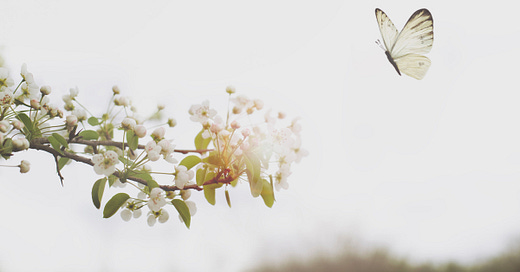
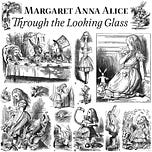

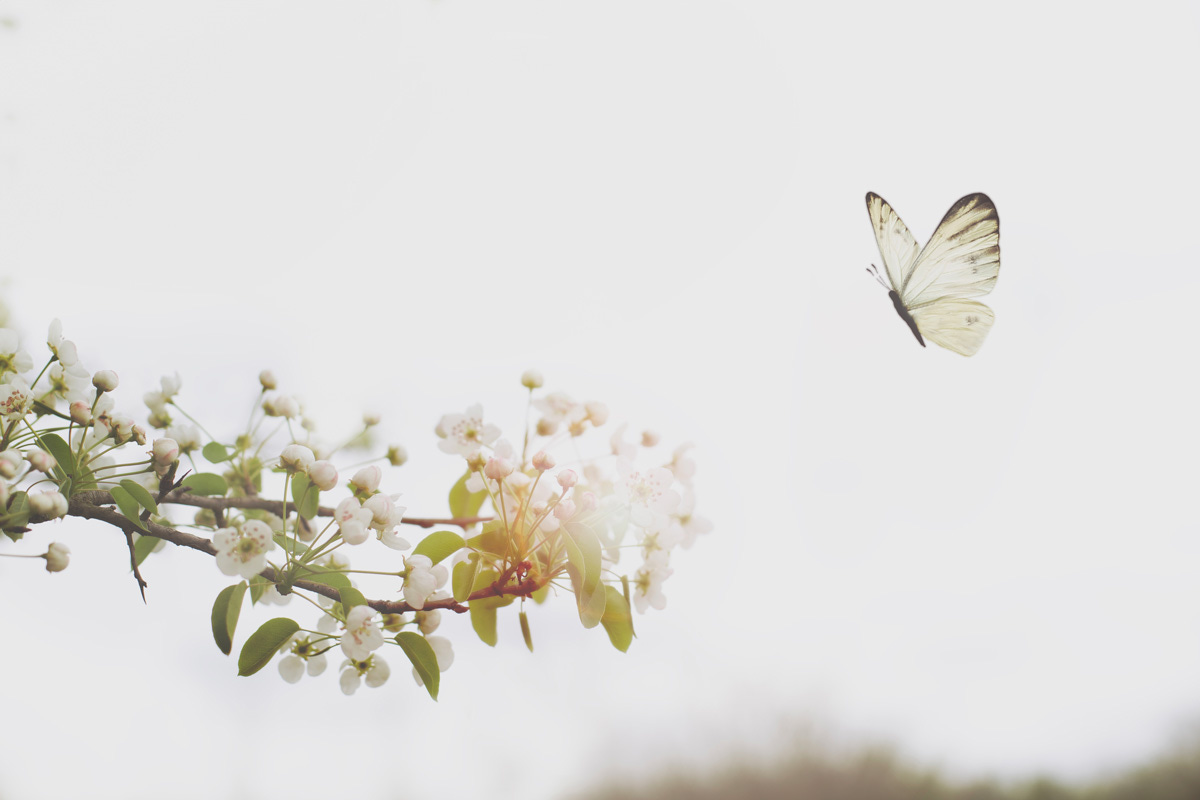
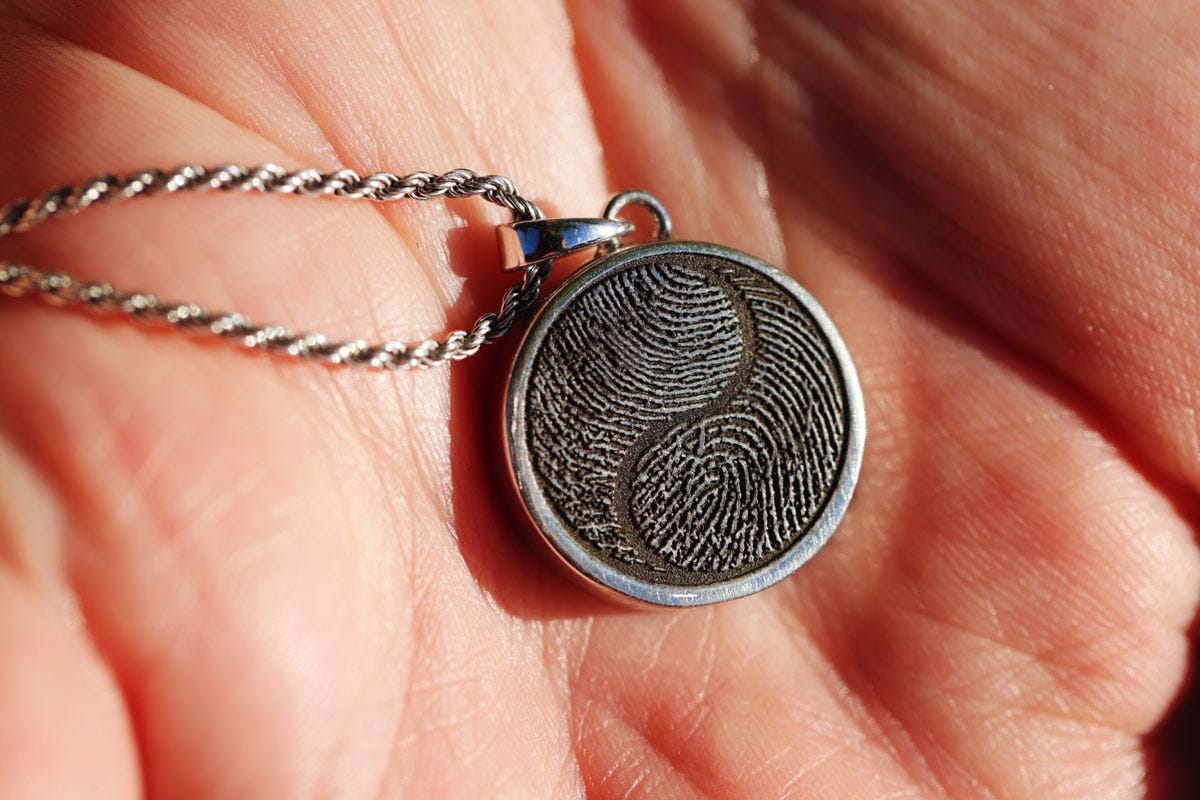



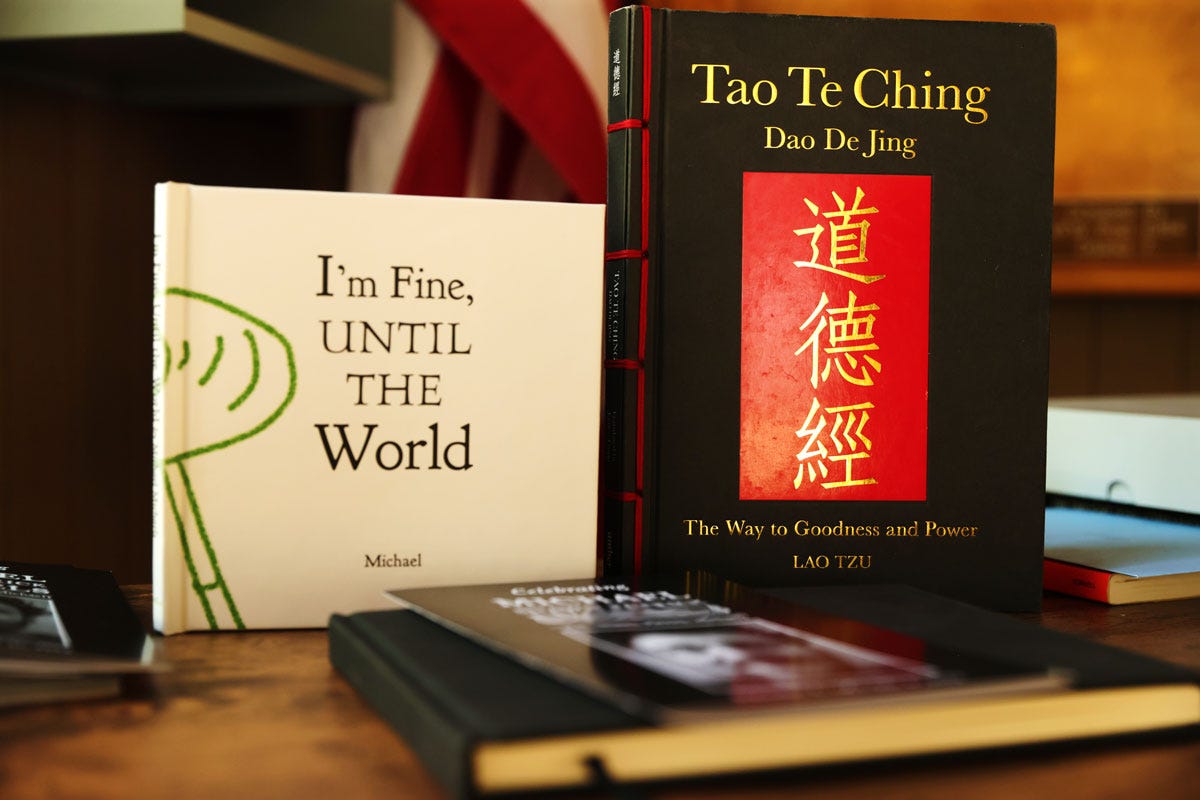
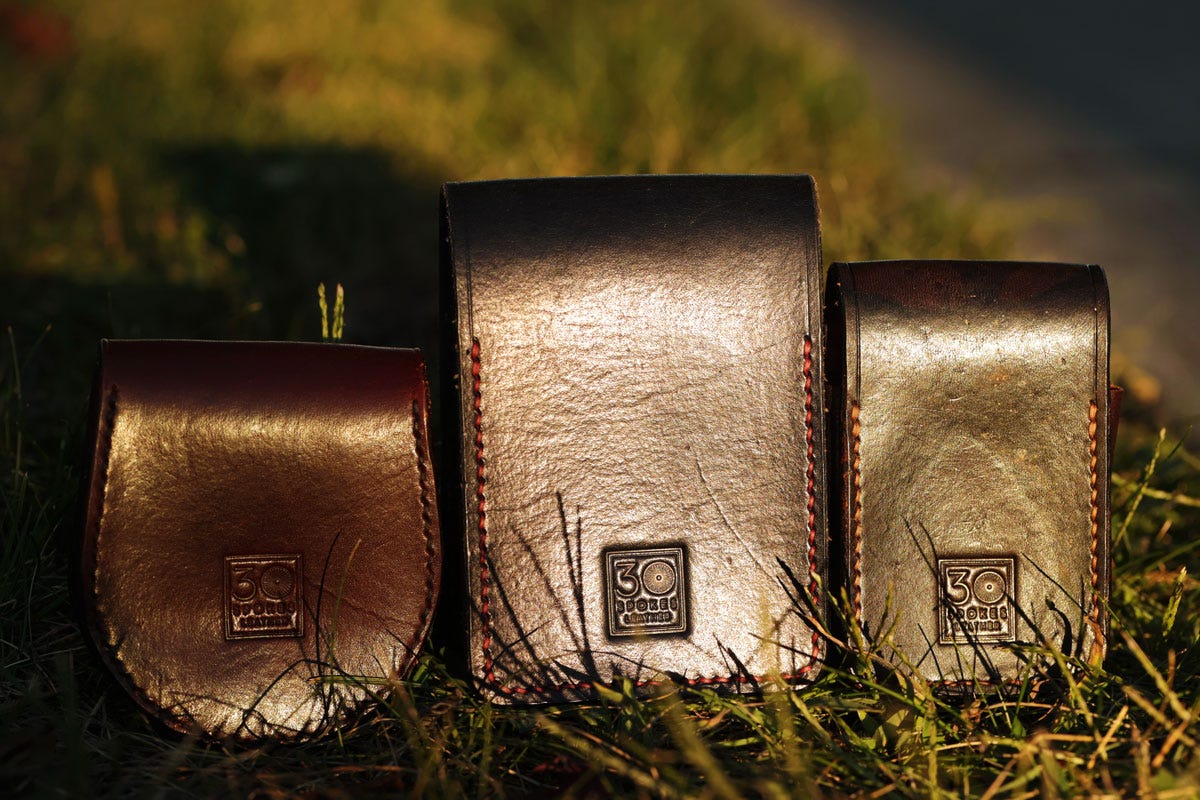
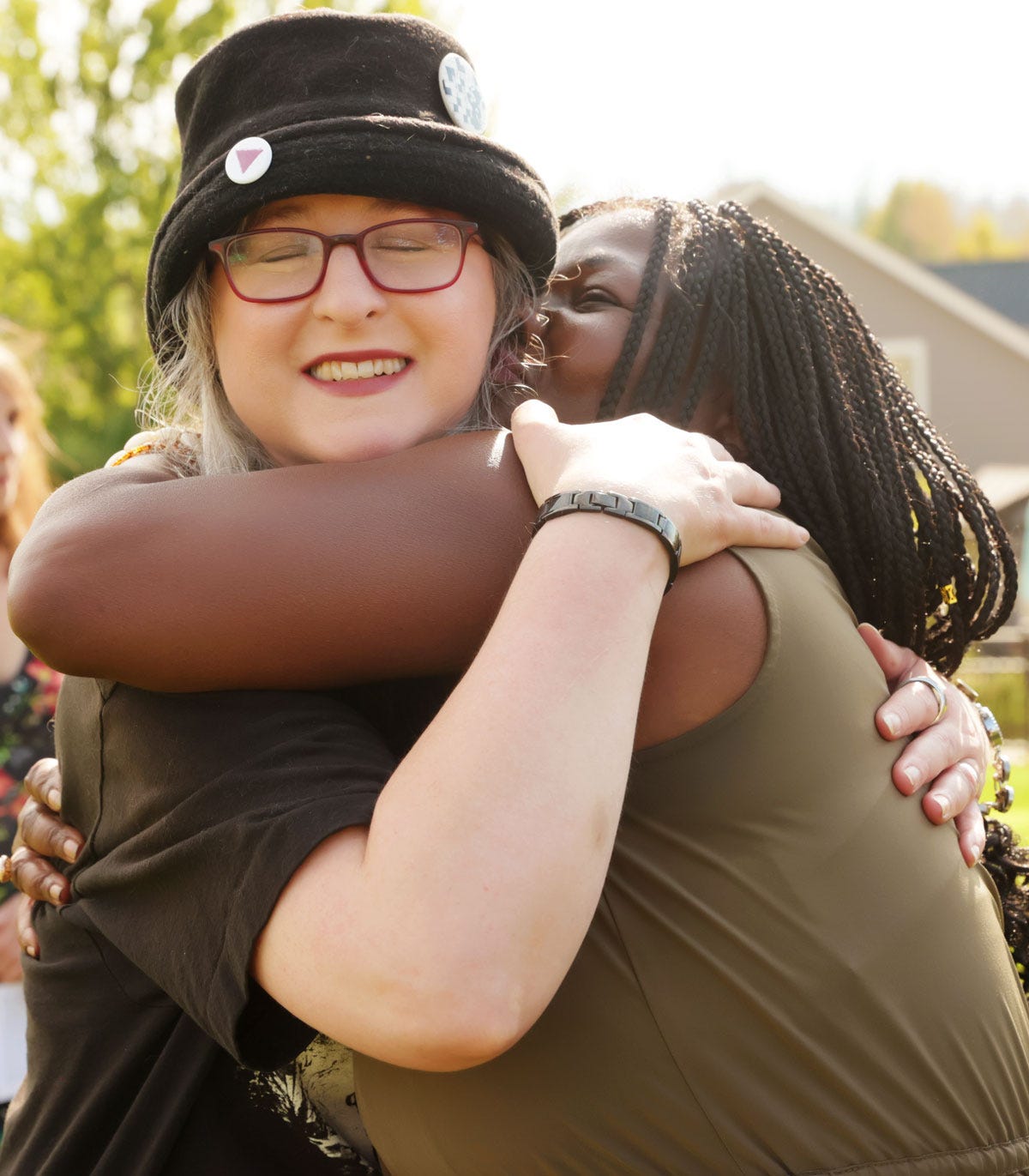
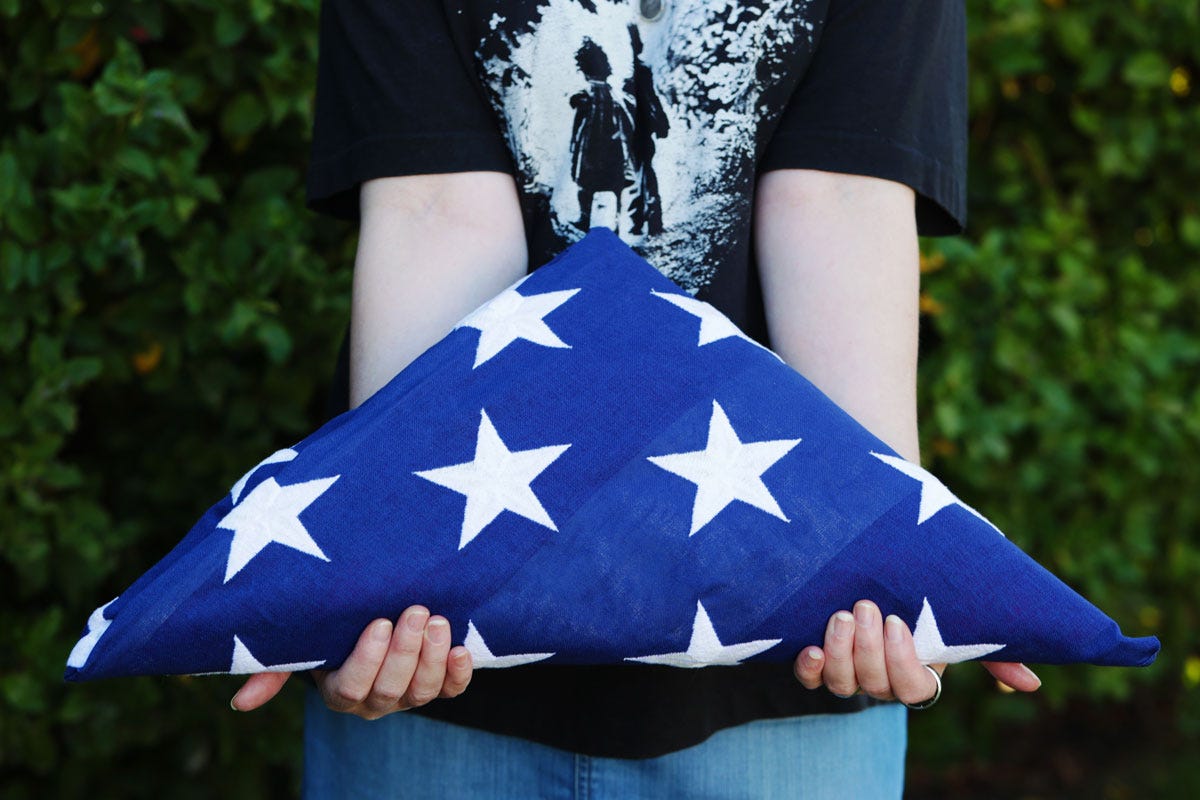
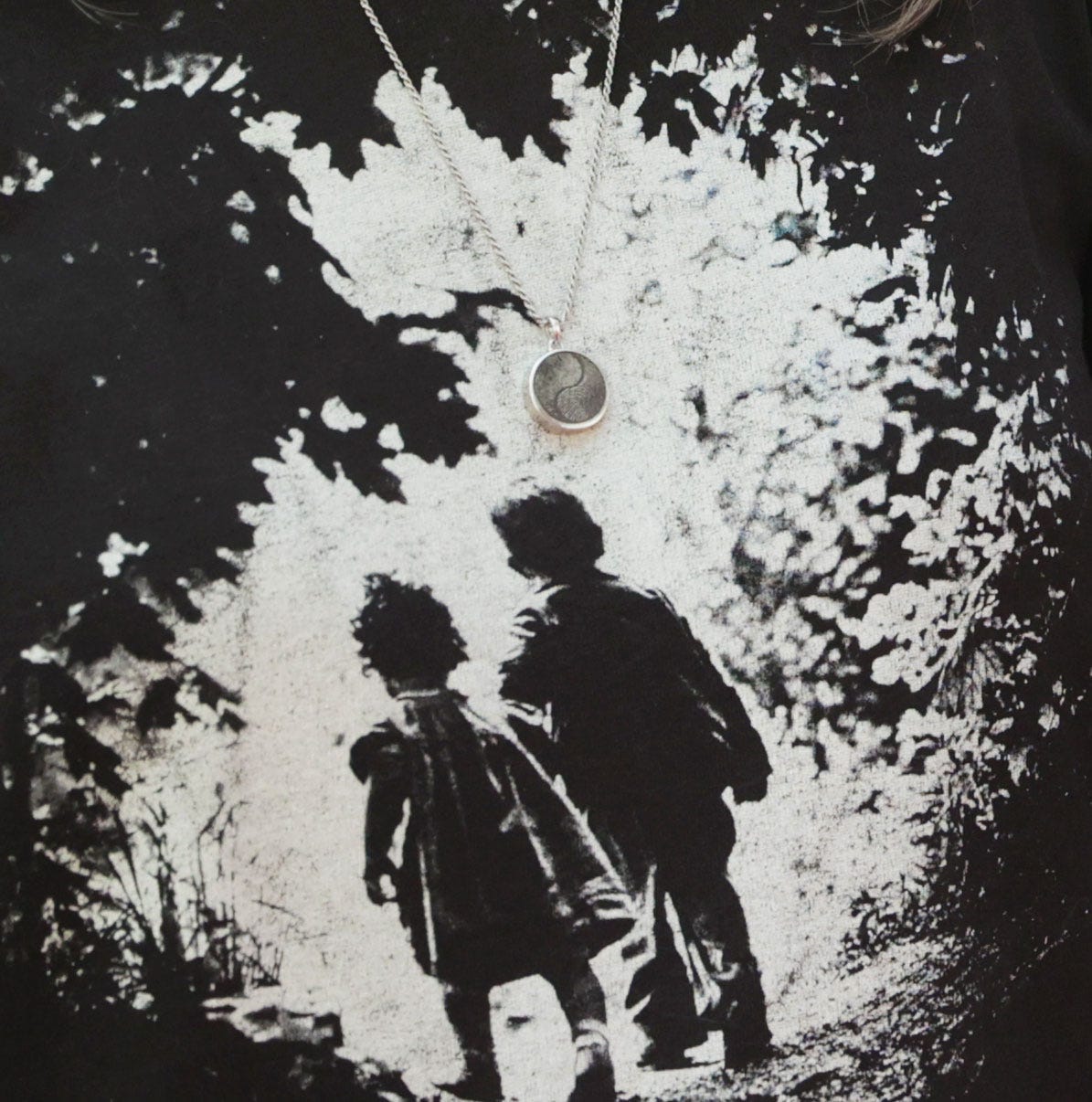

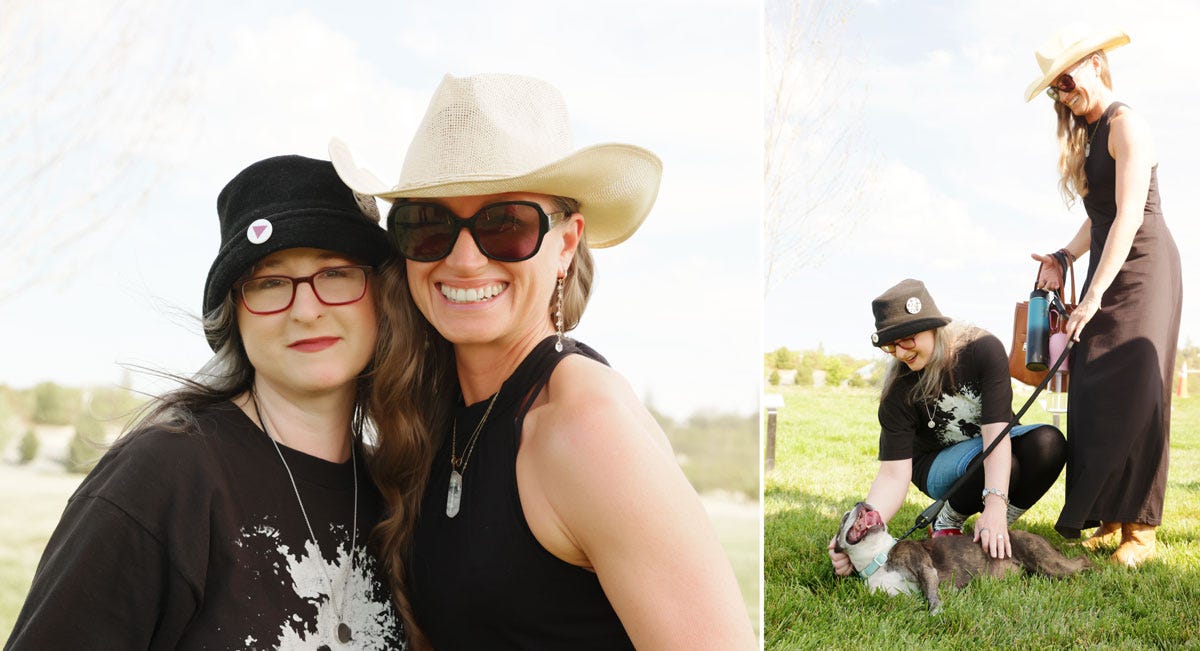




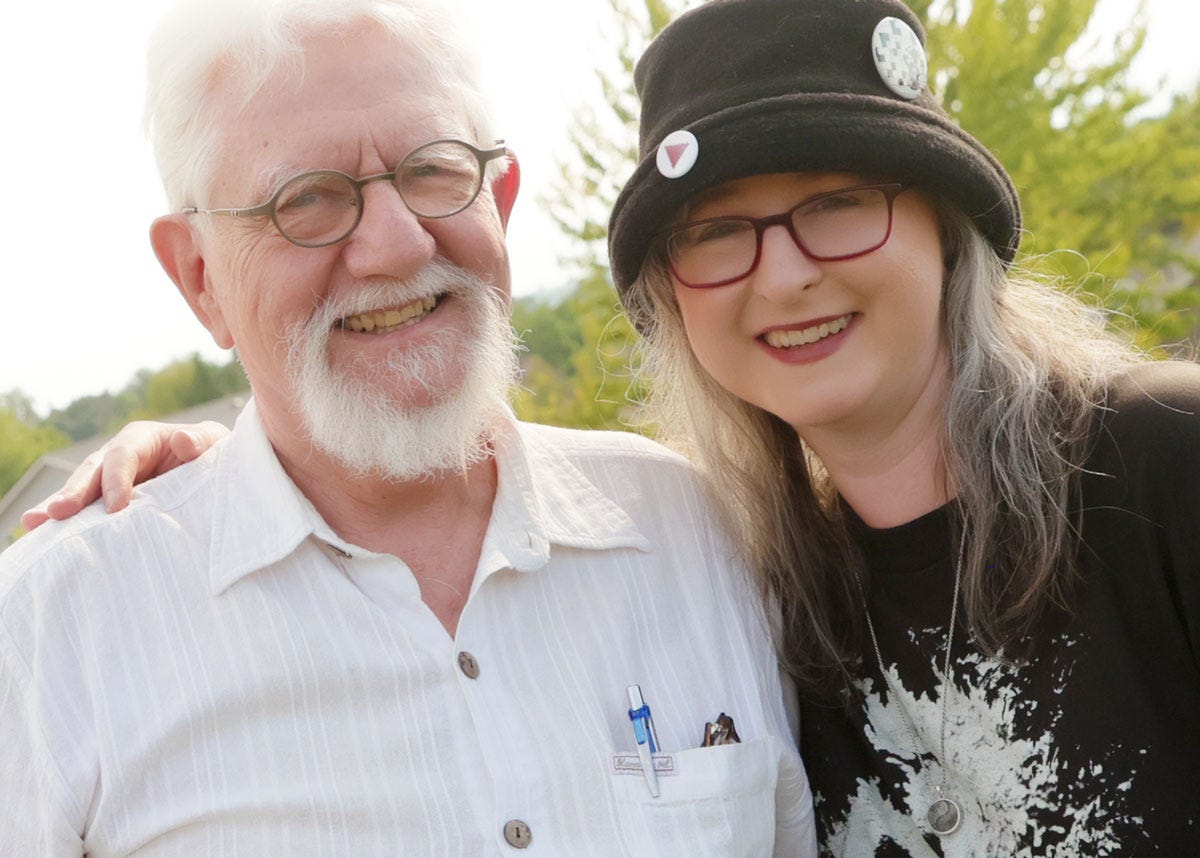
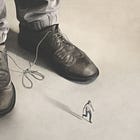

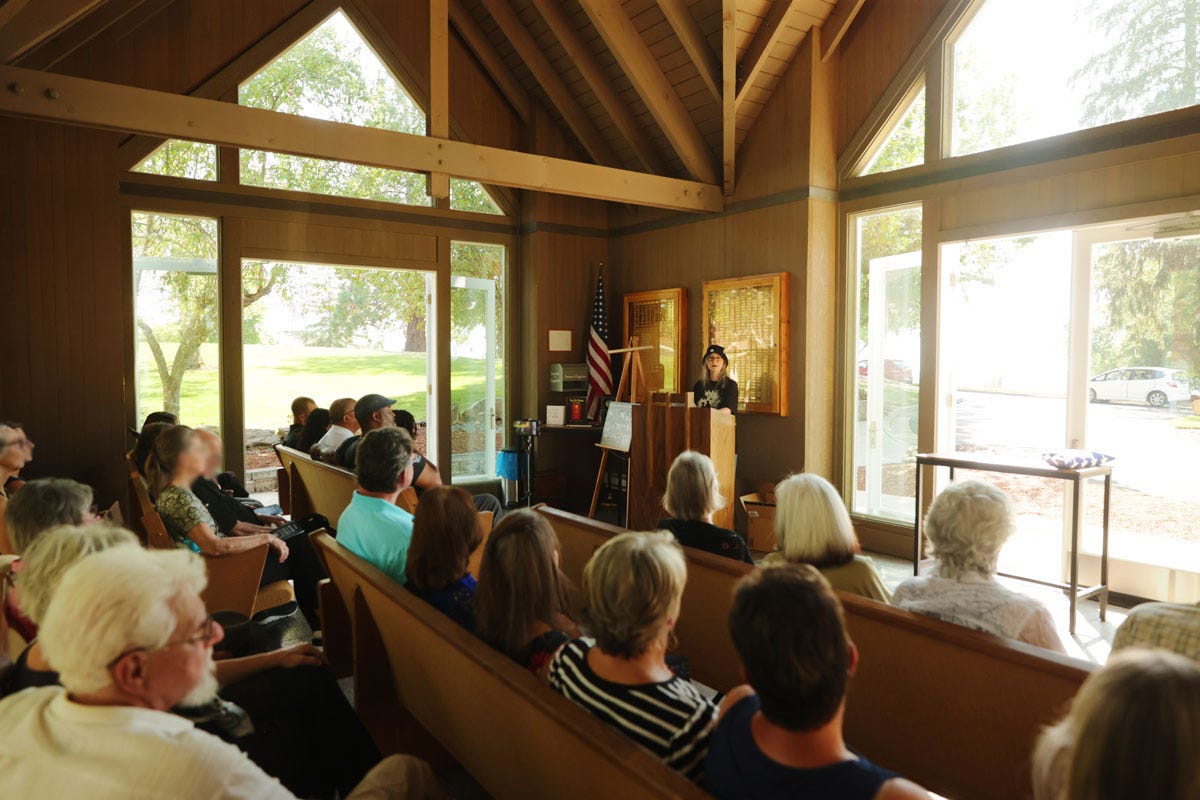
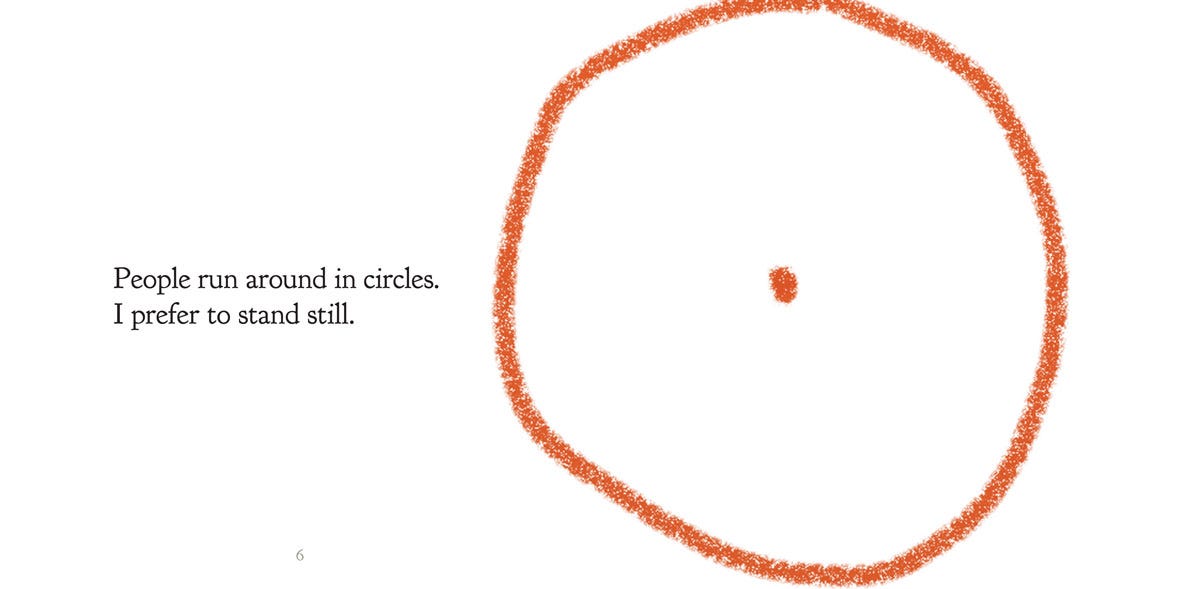
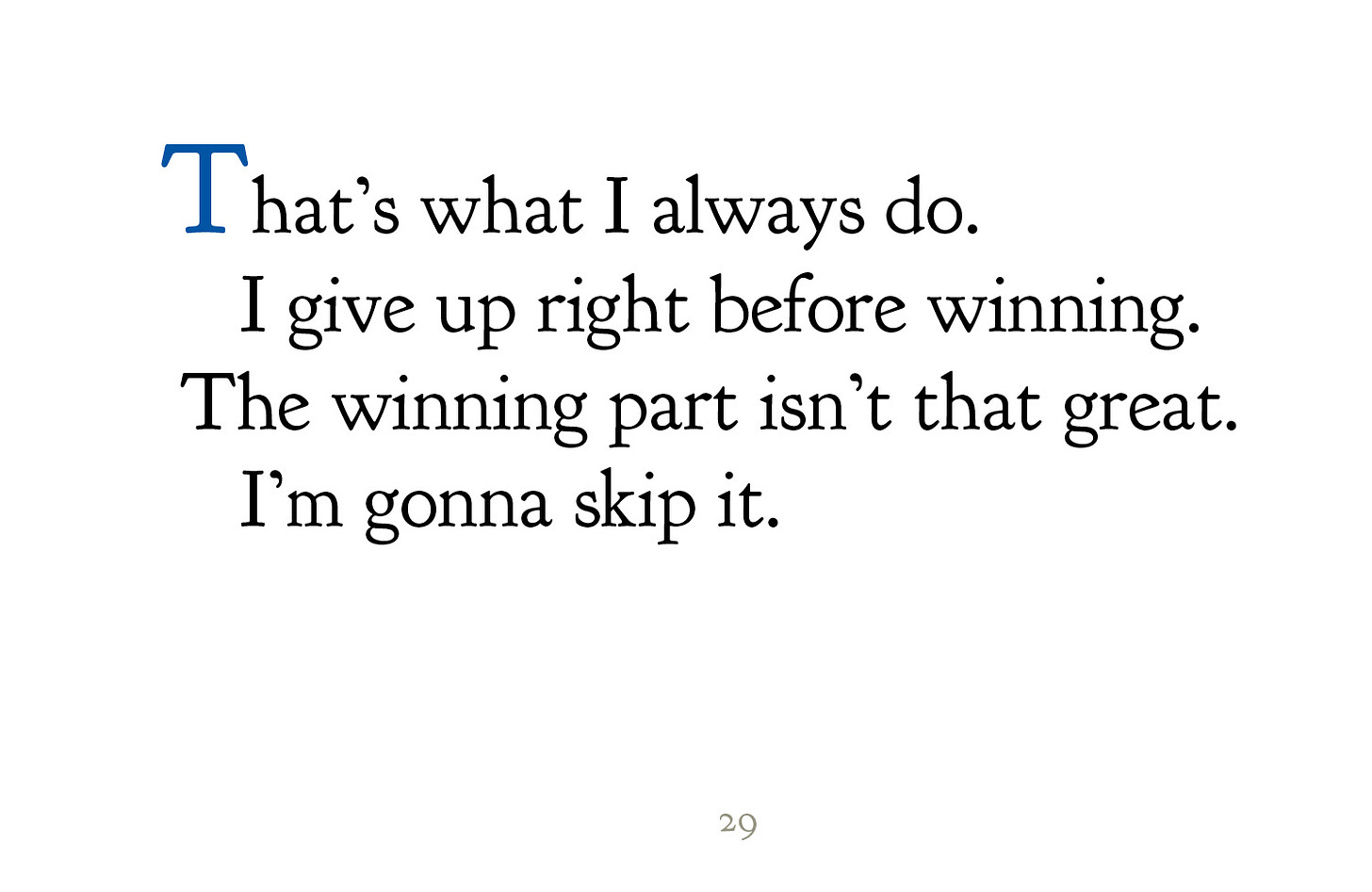
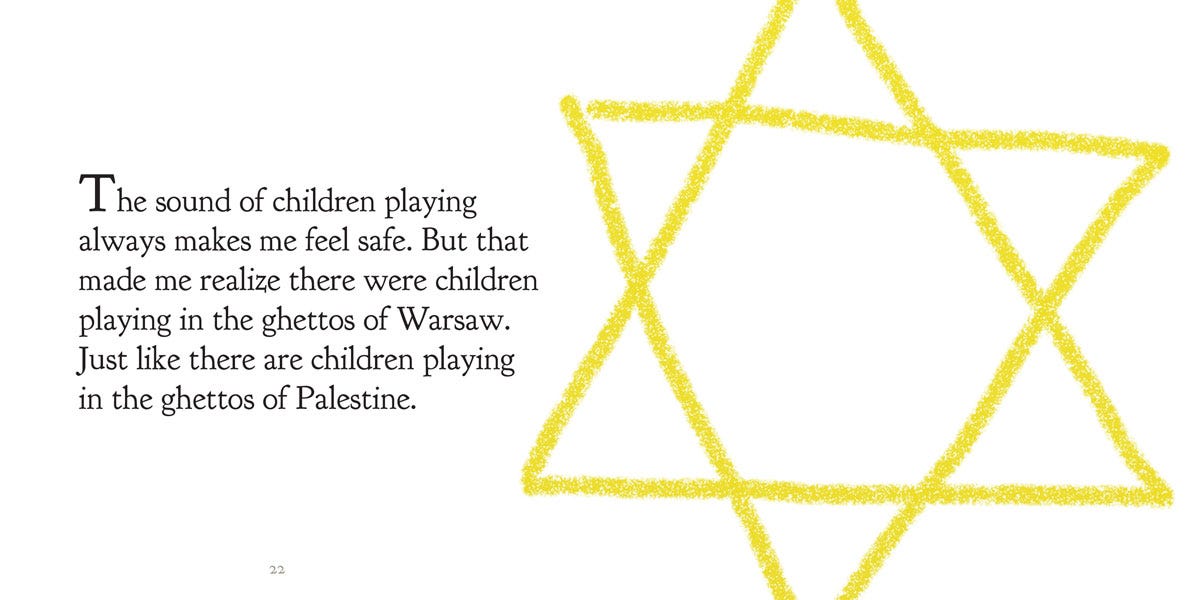
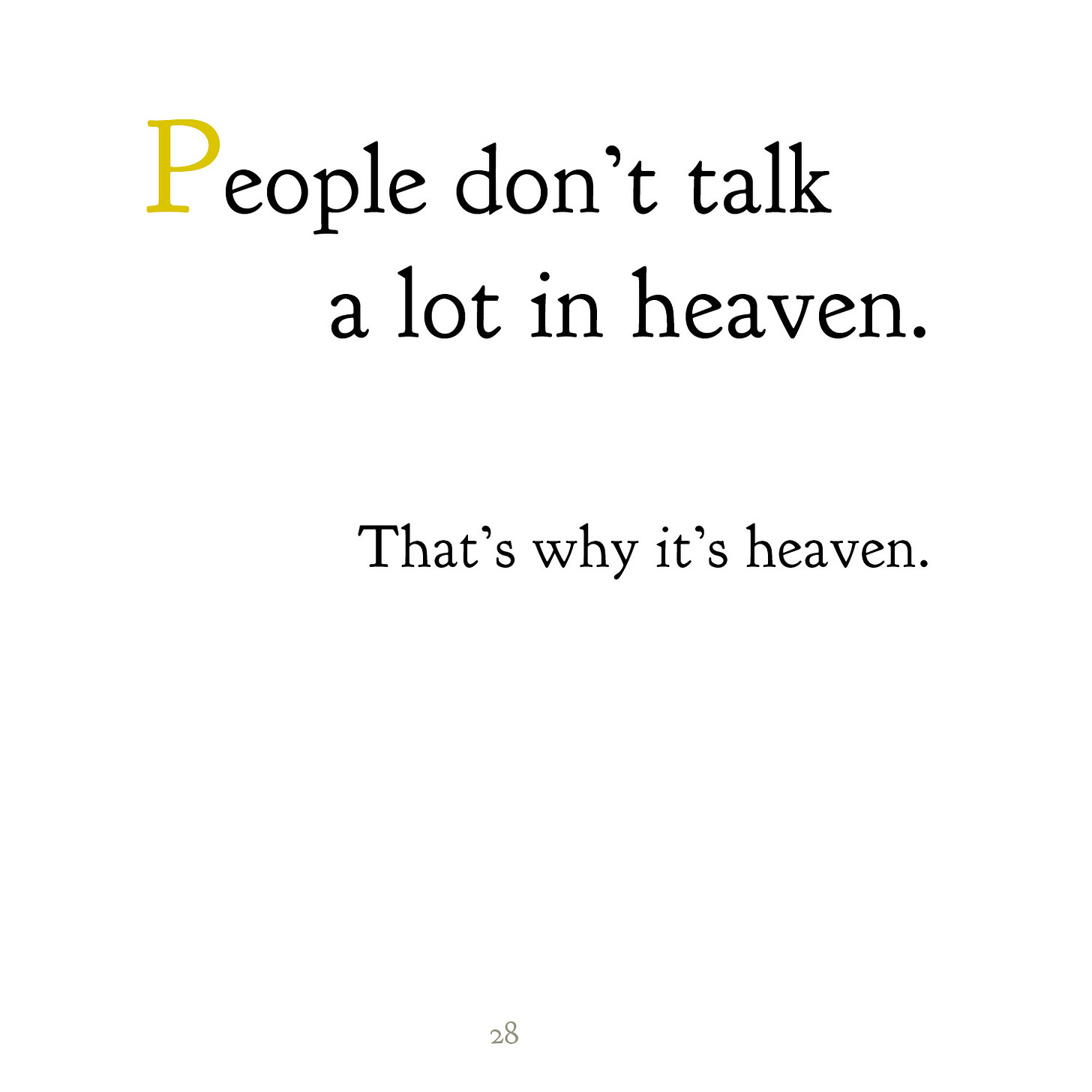
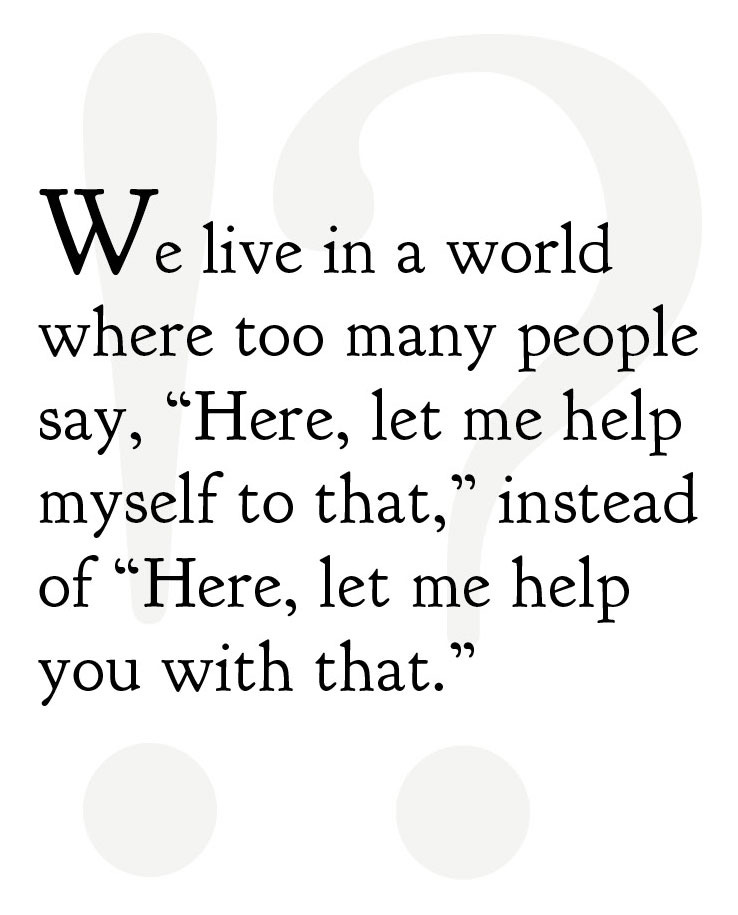
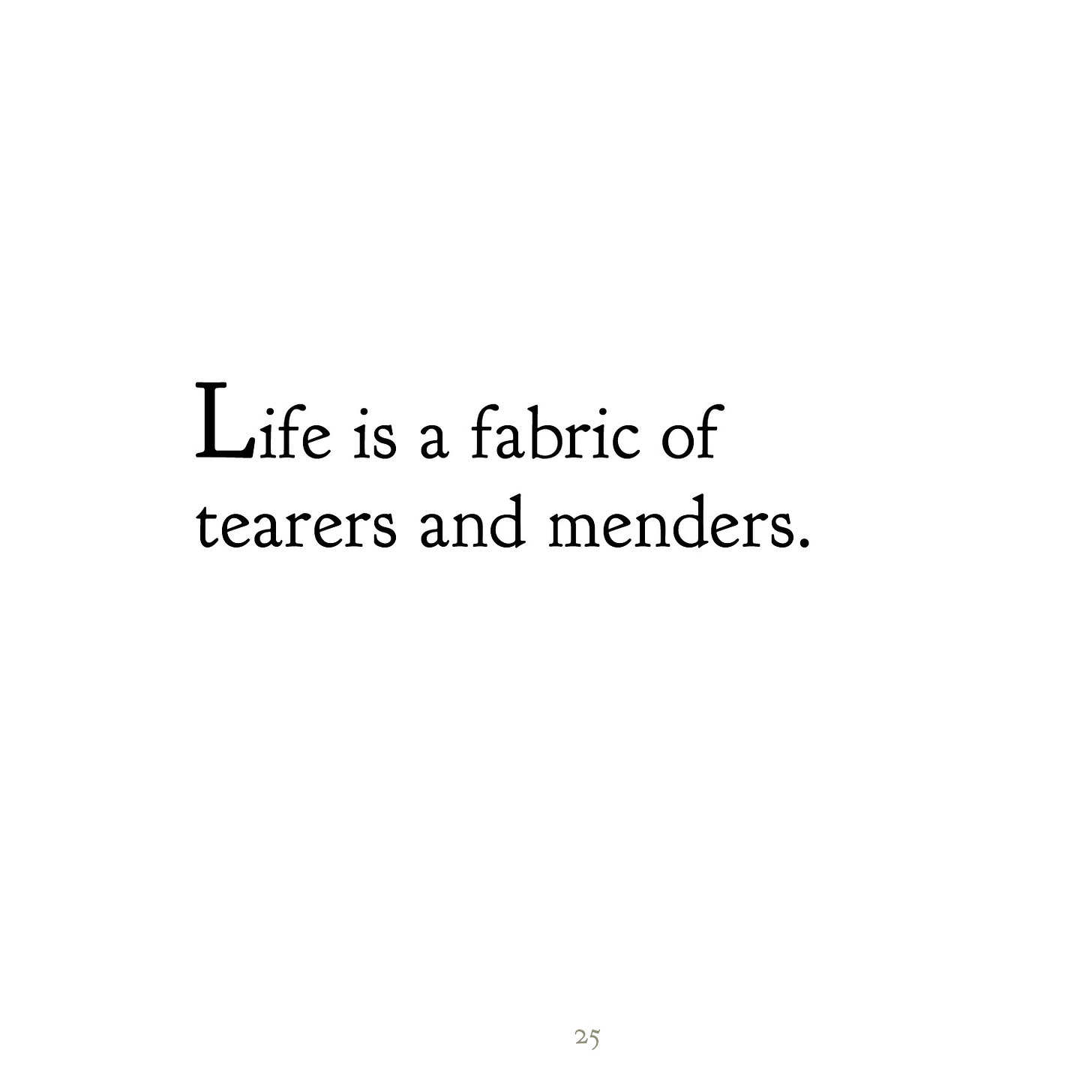
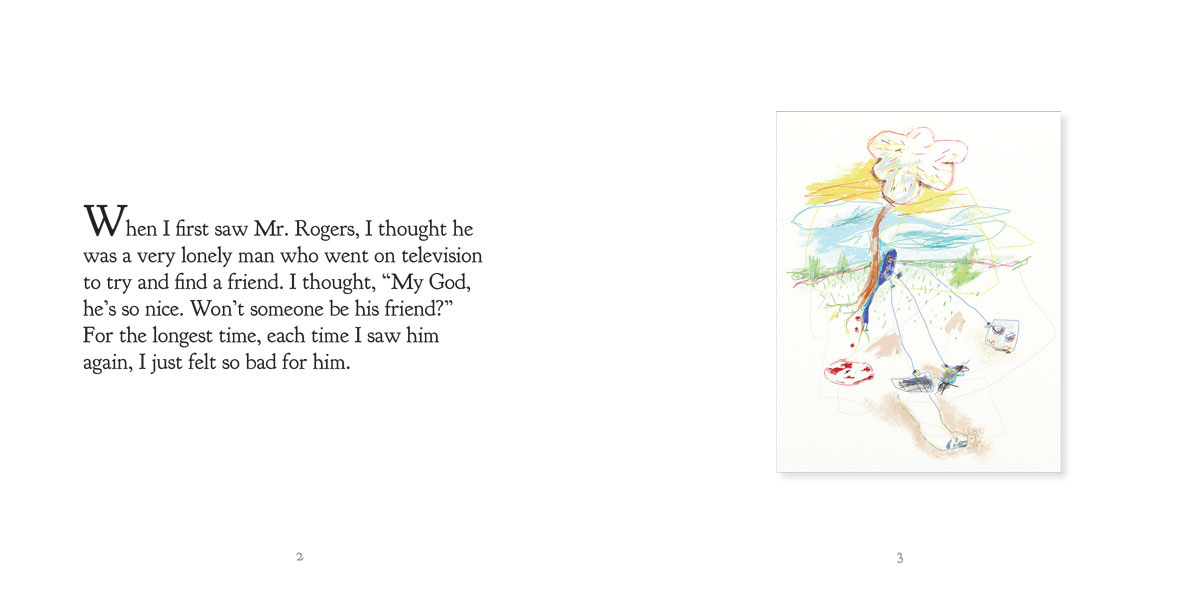
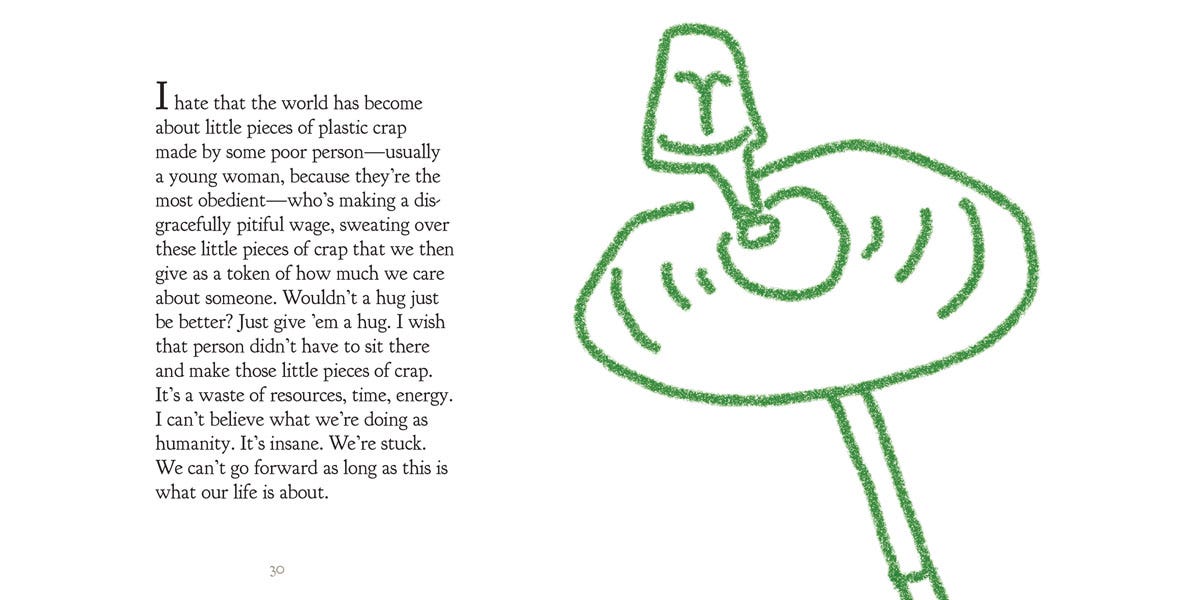

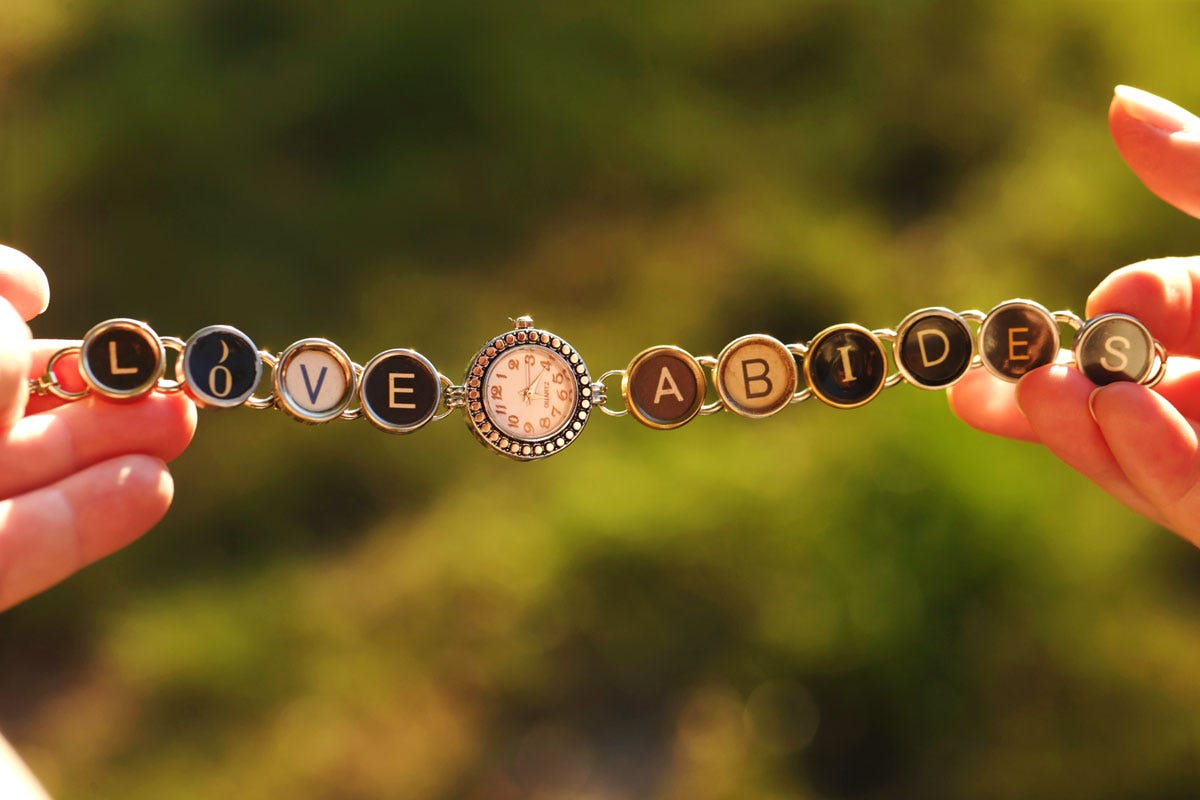
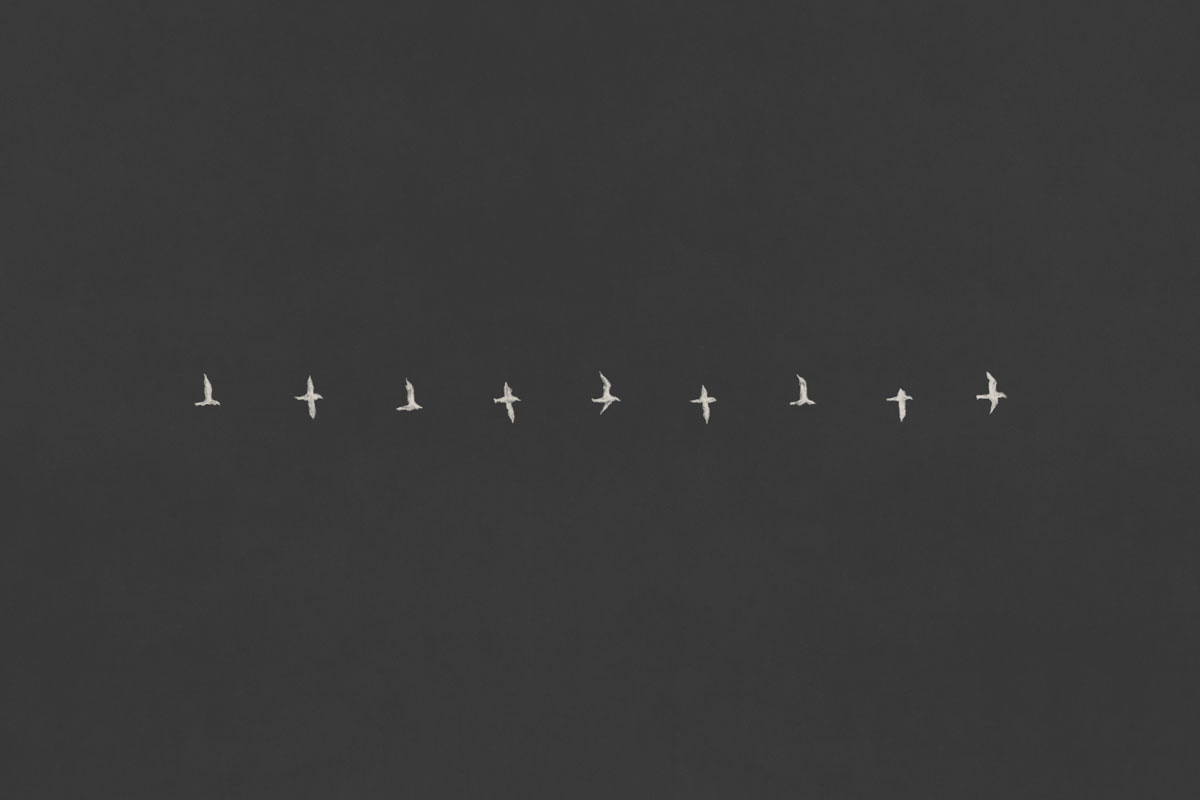
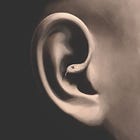
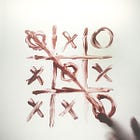
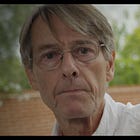


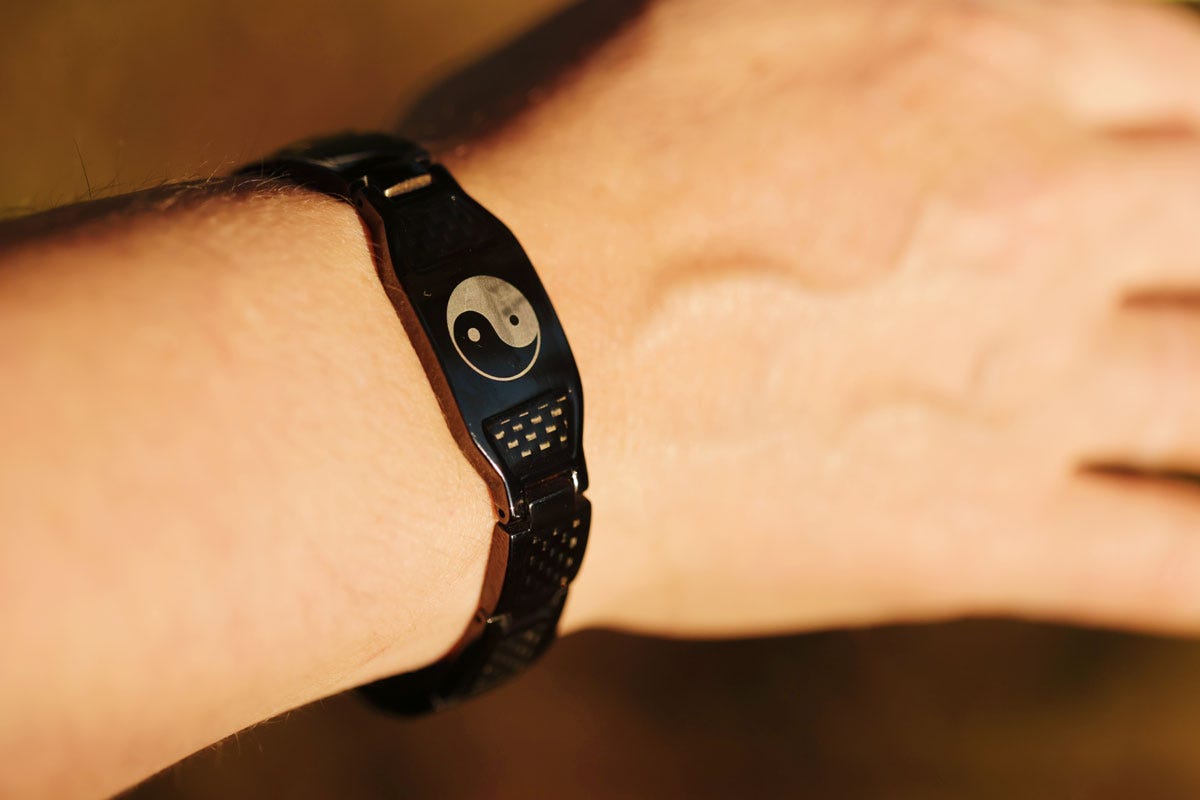

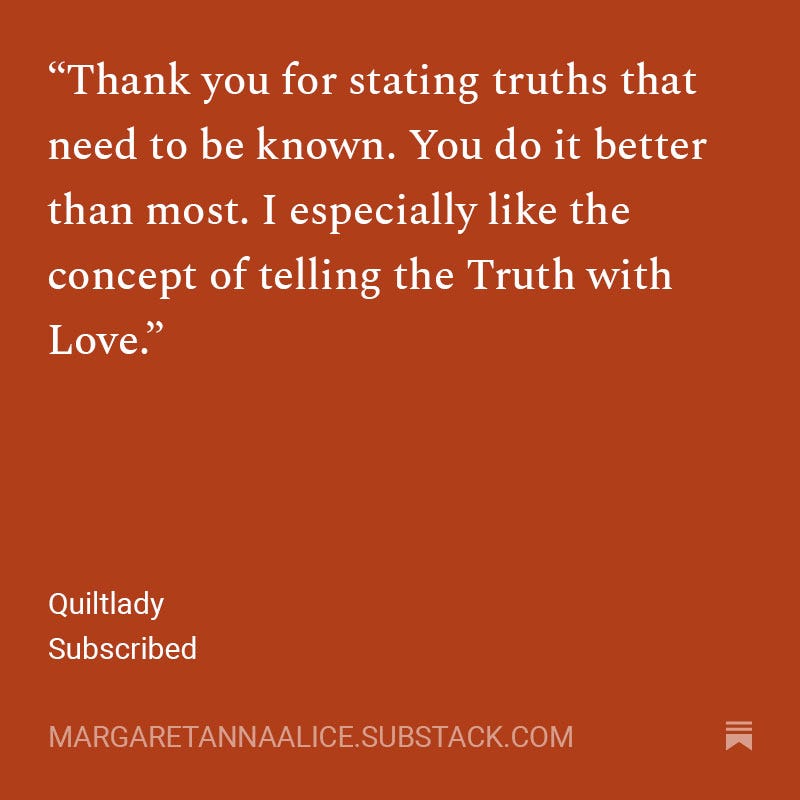


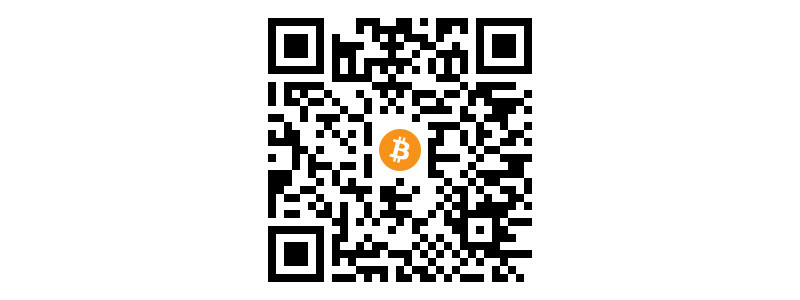
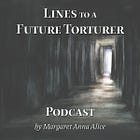





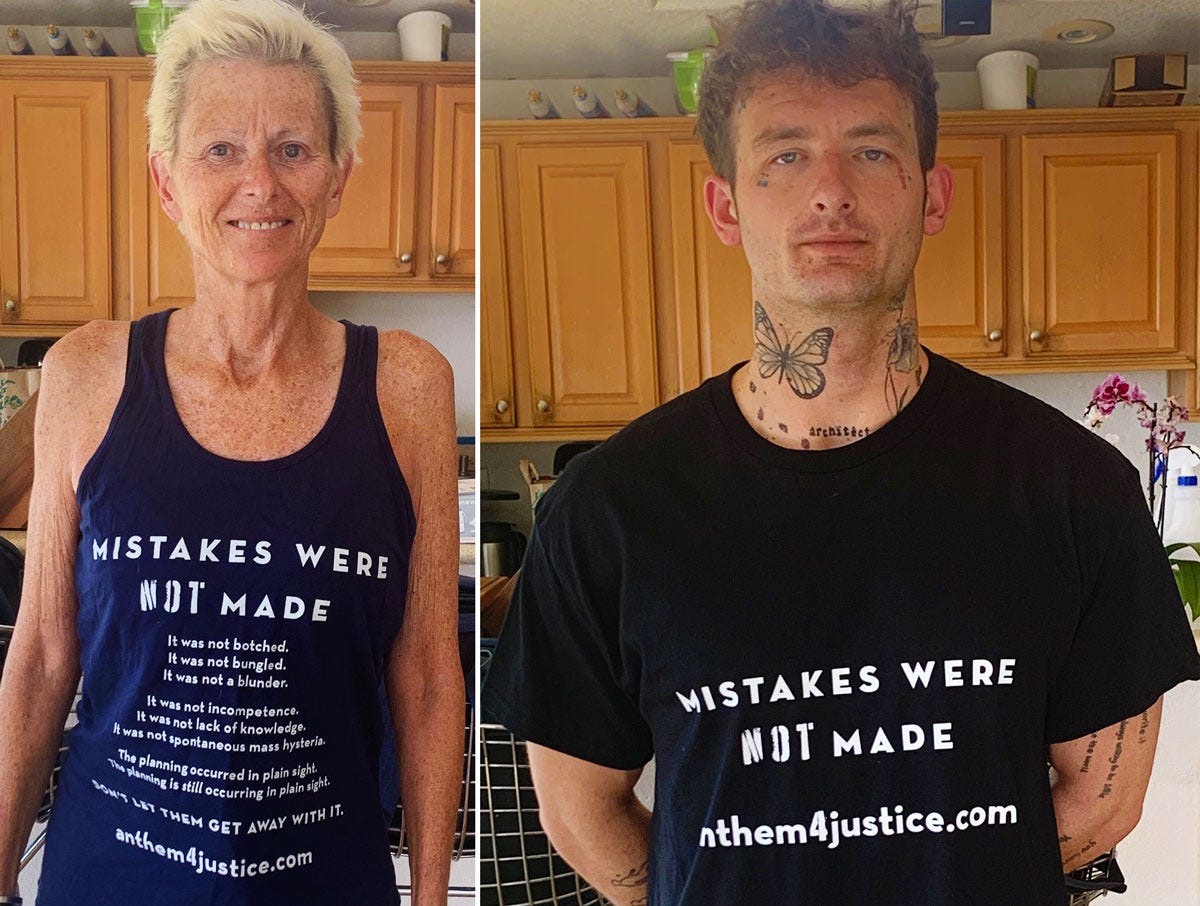
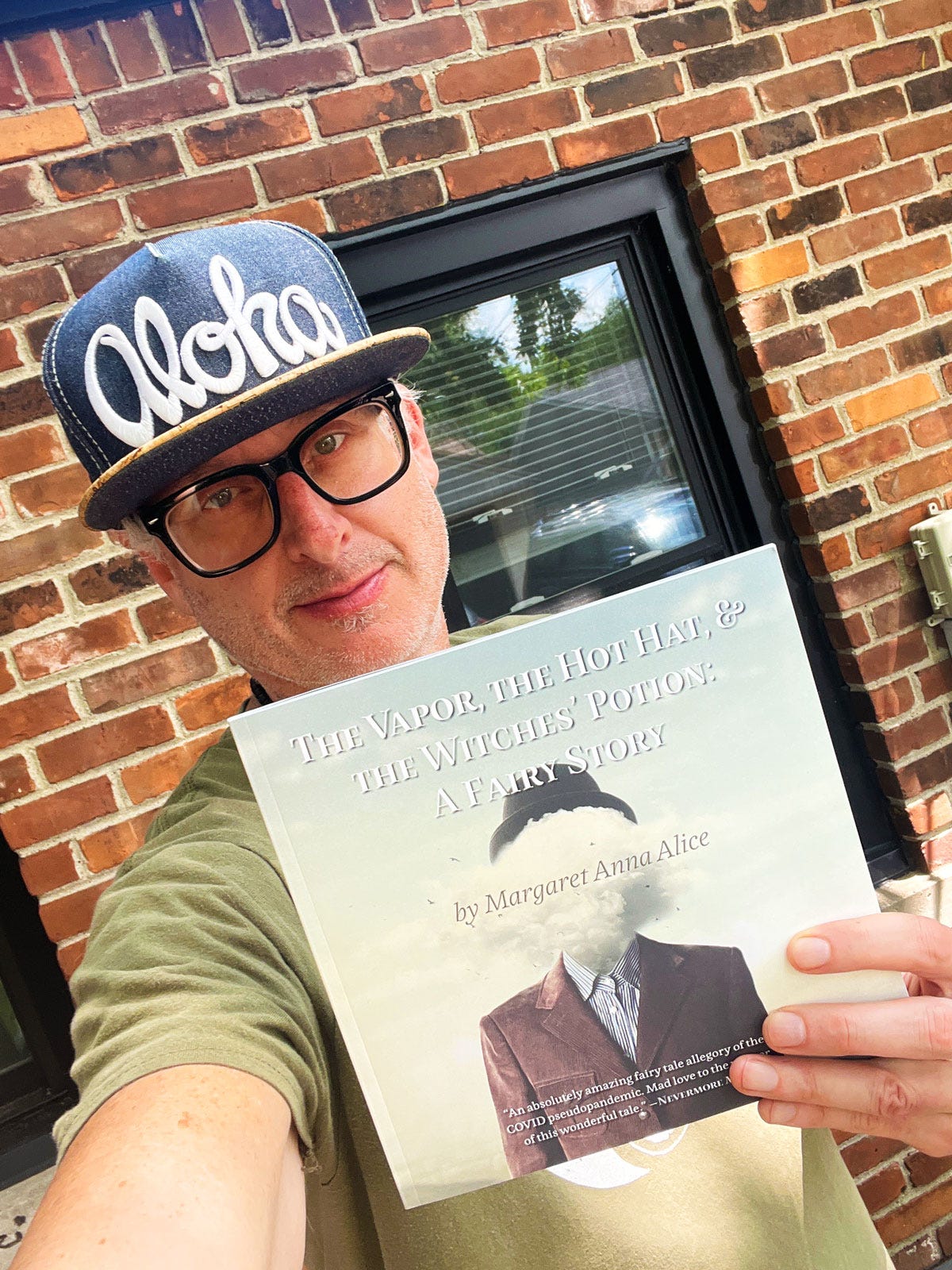

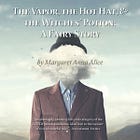
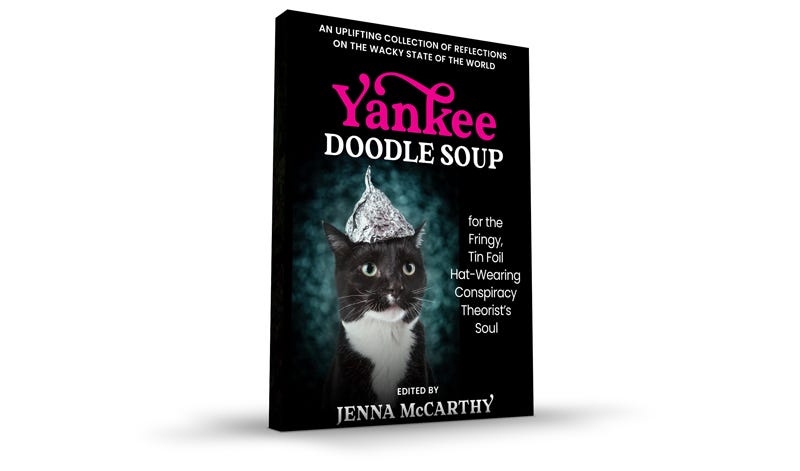
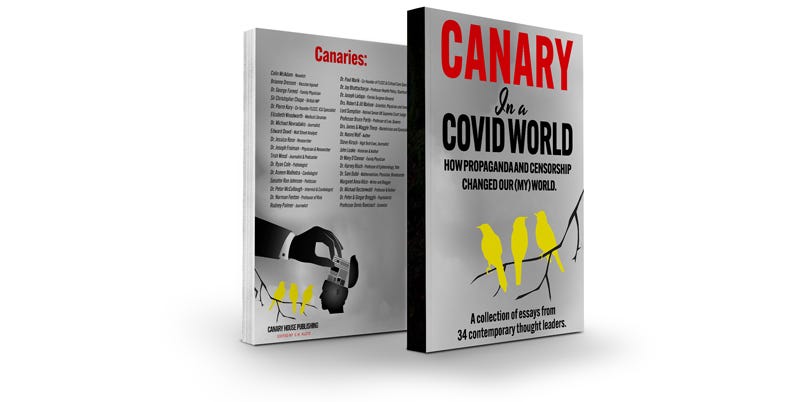
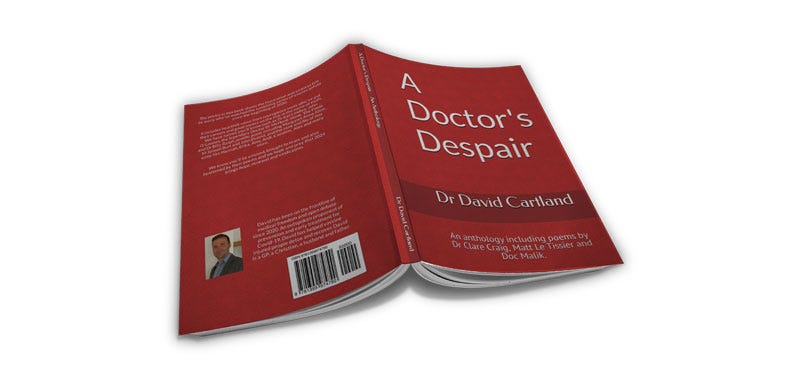




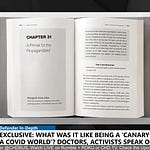
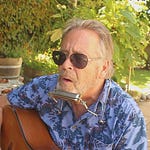





Share this post